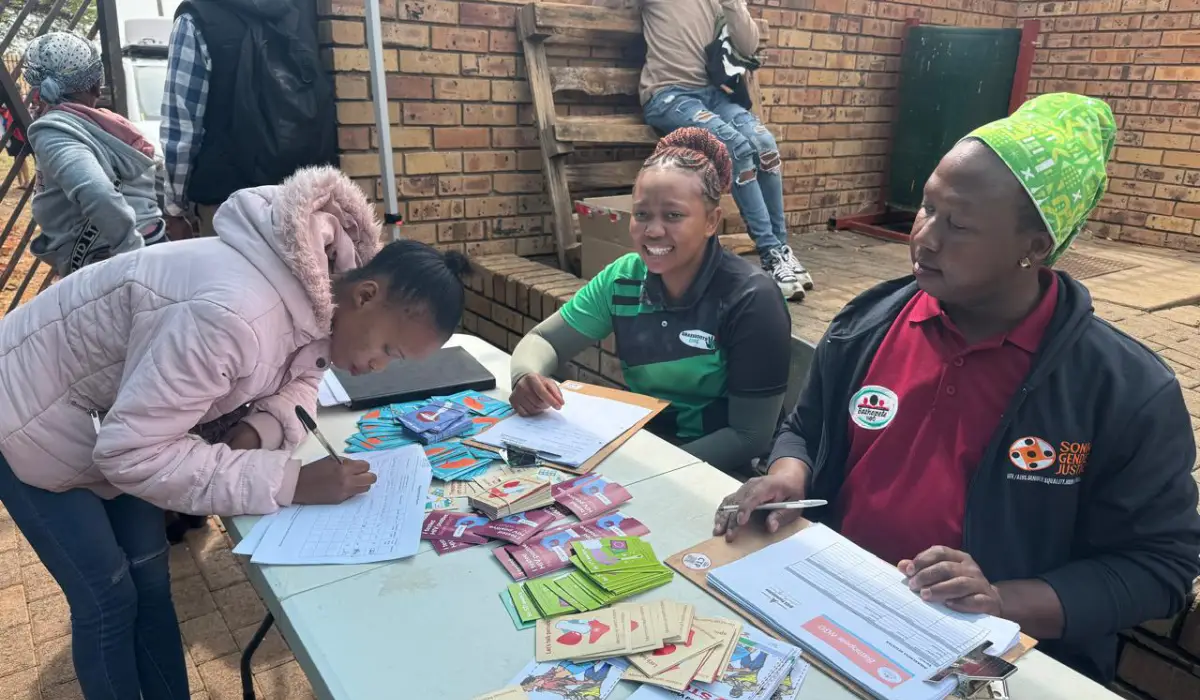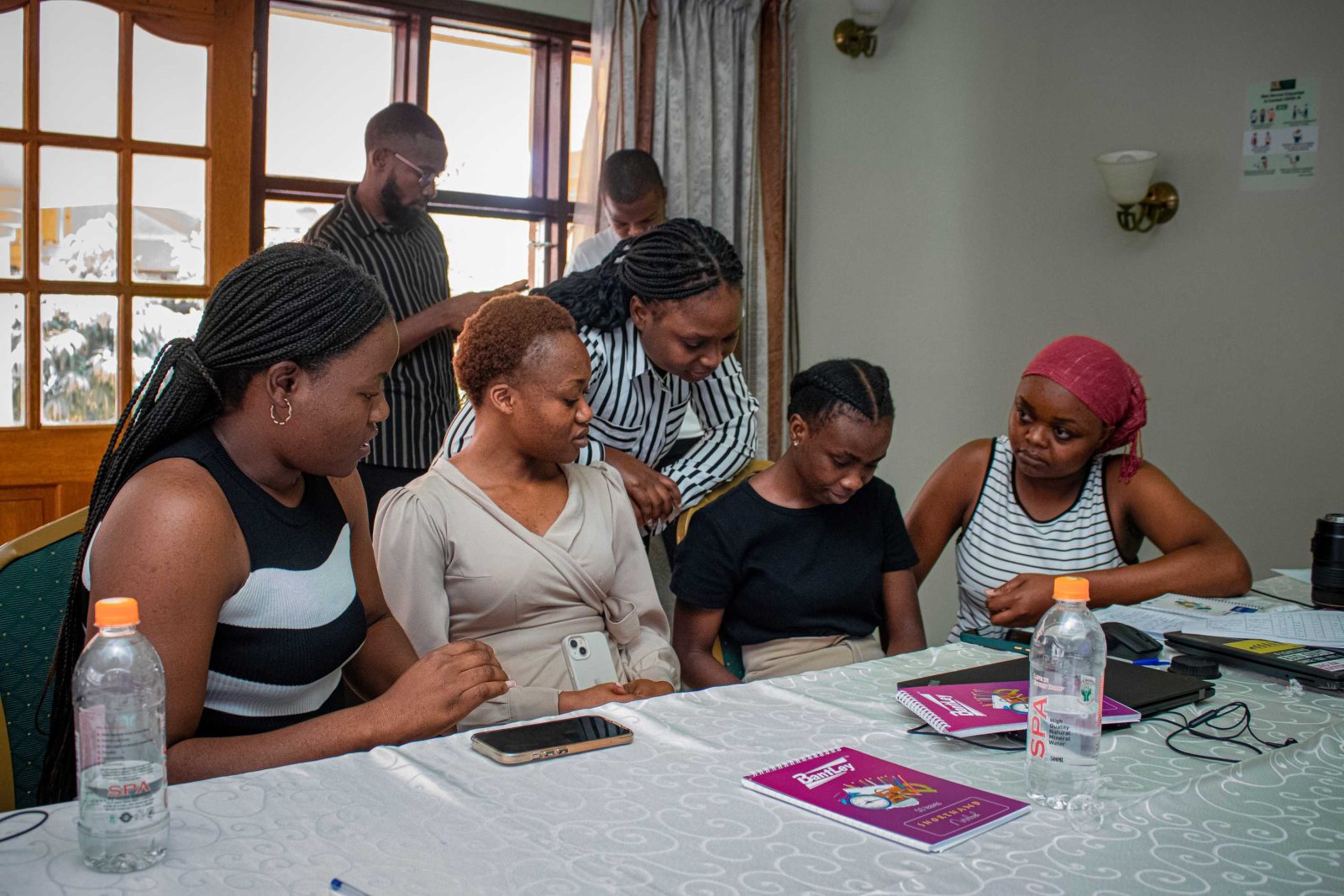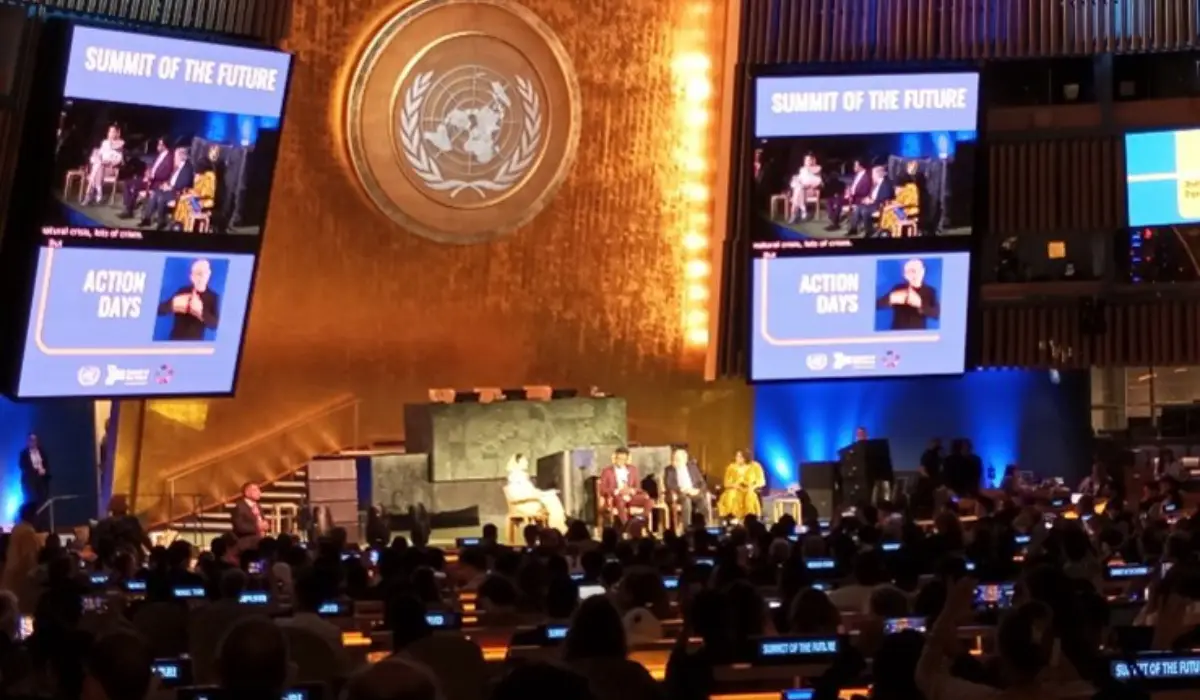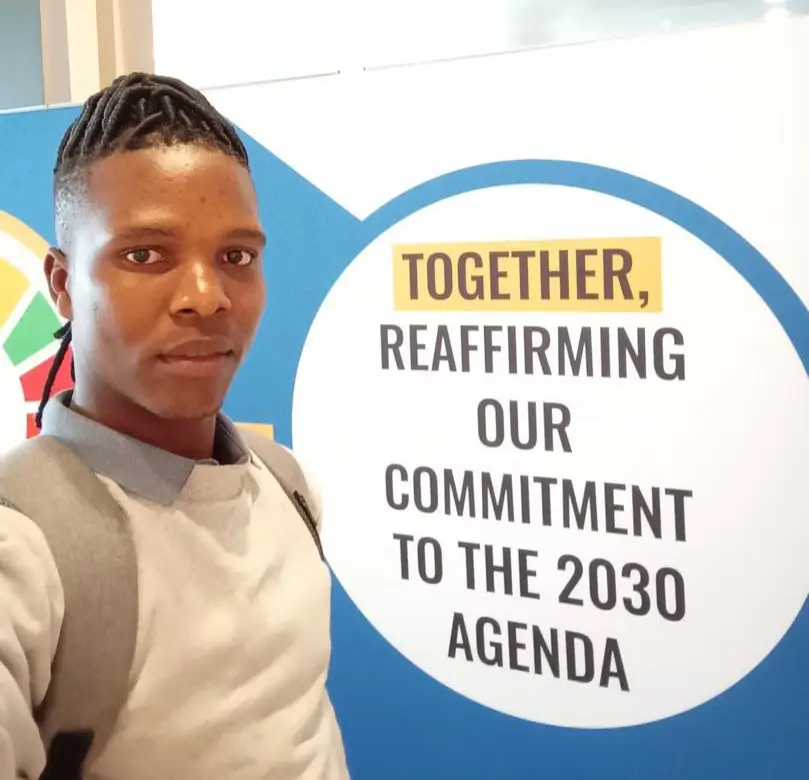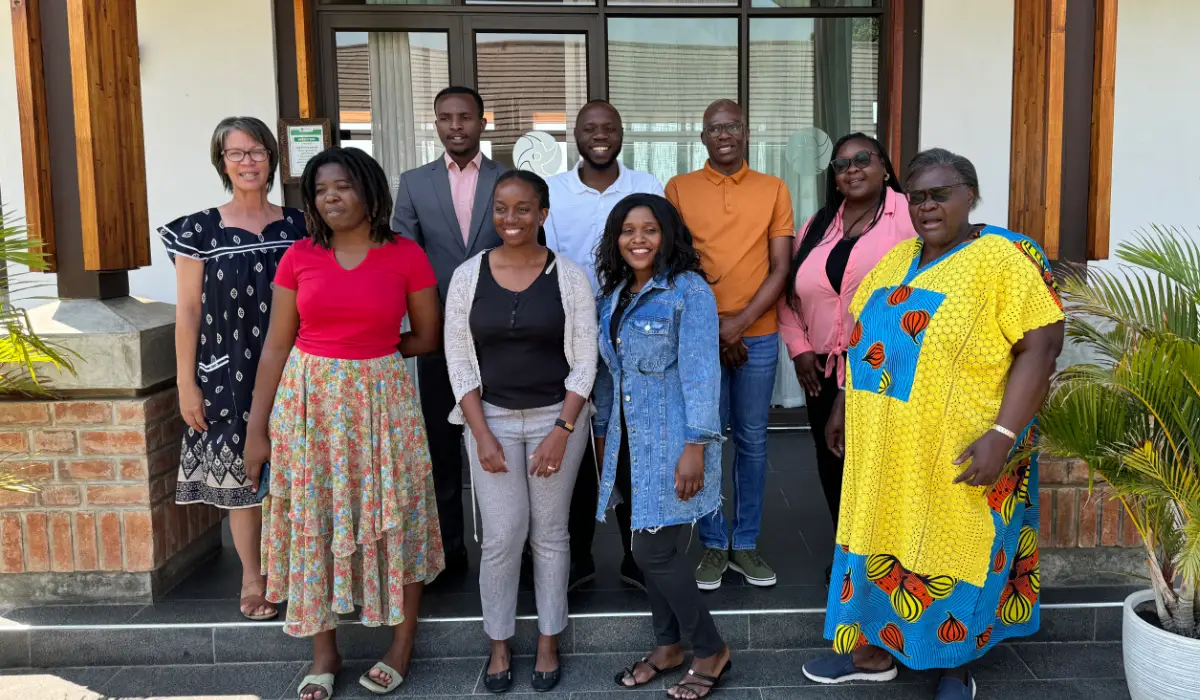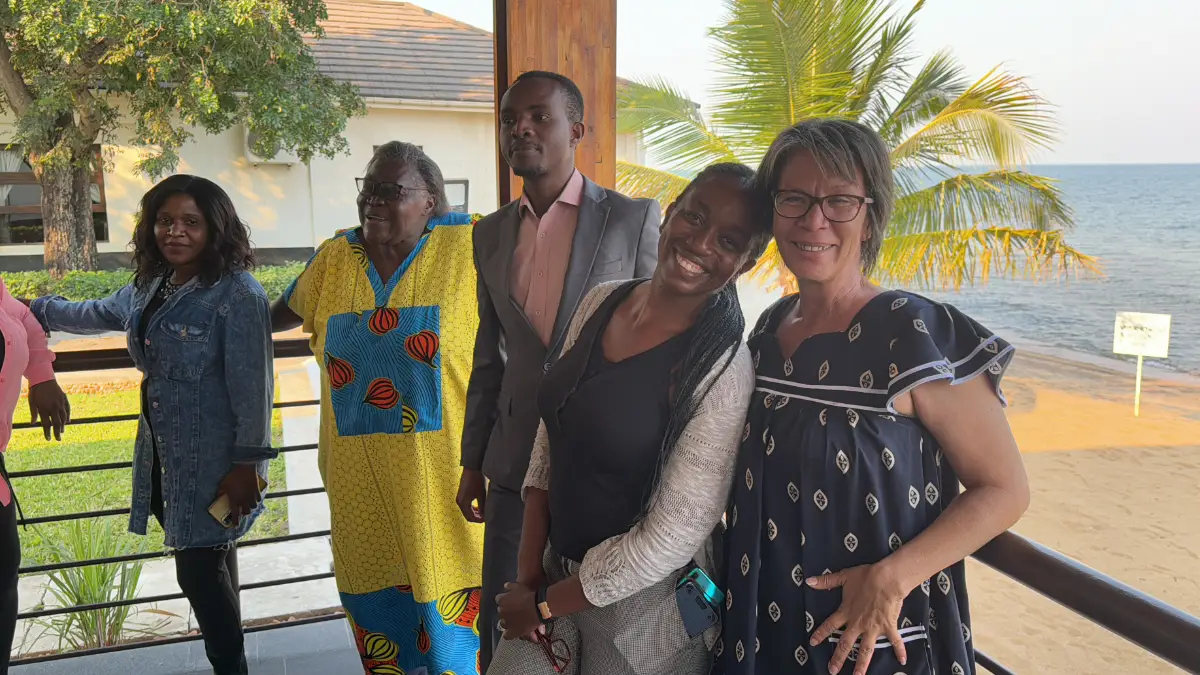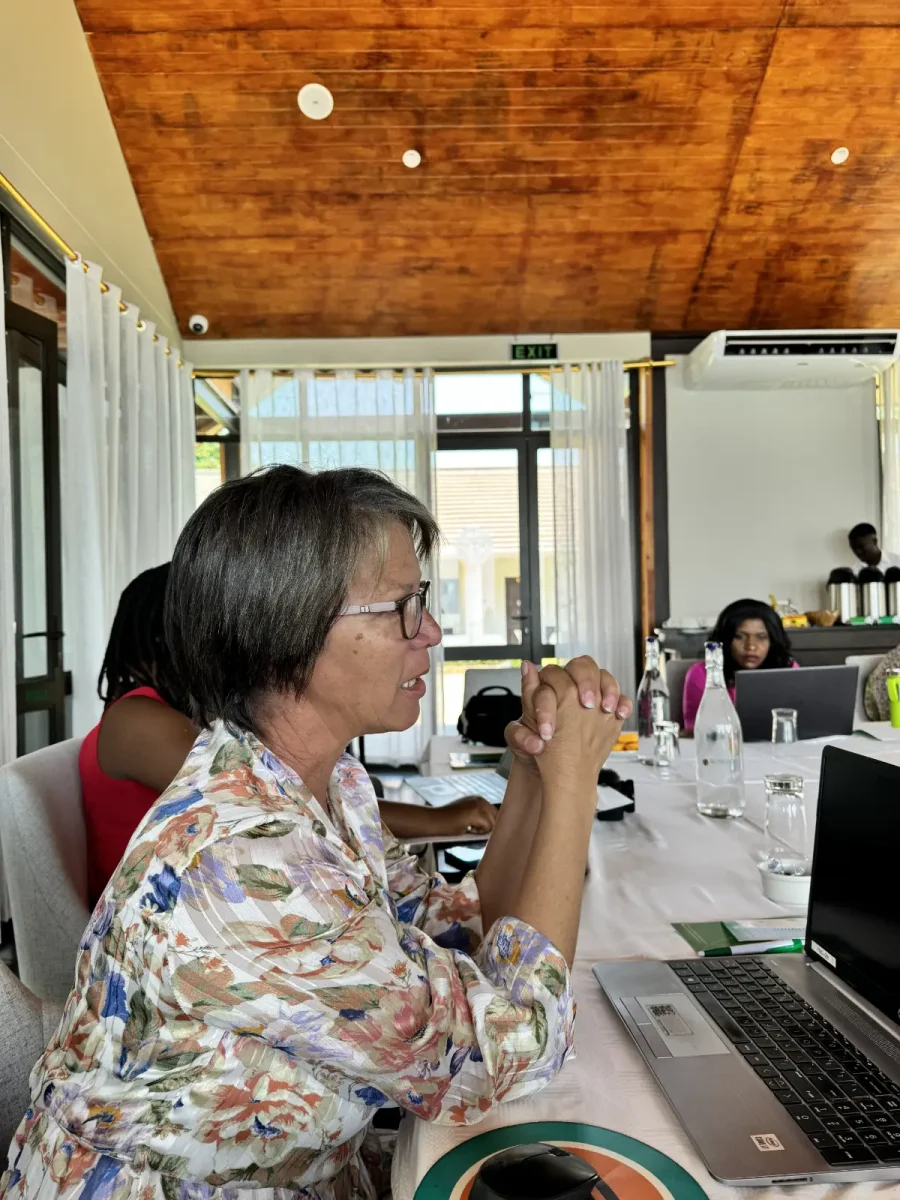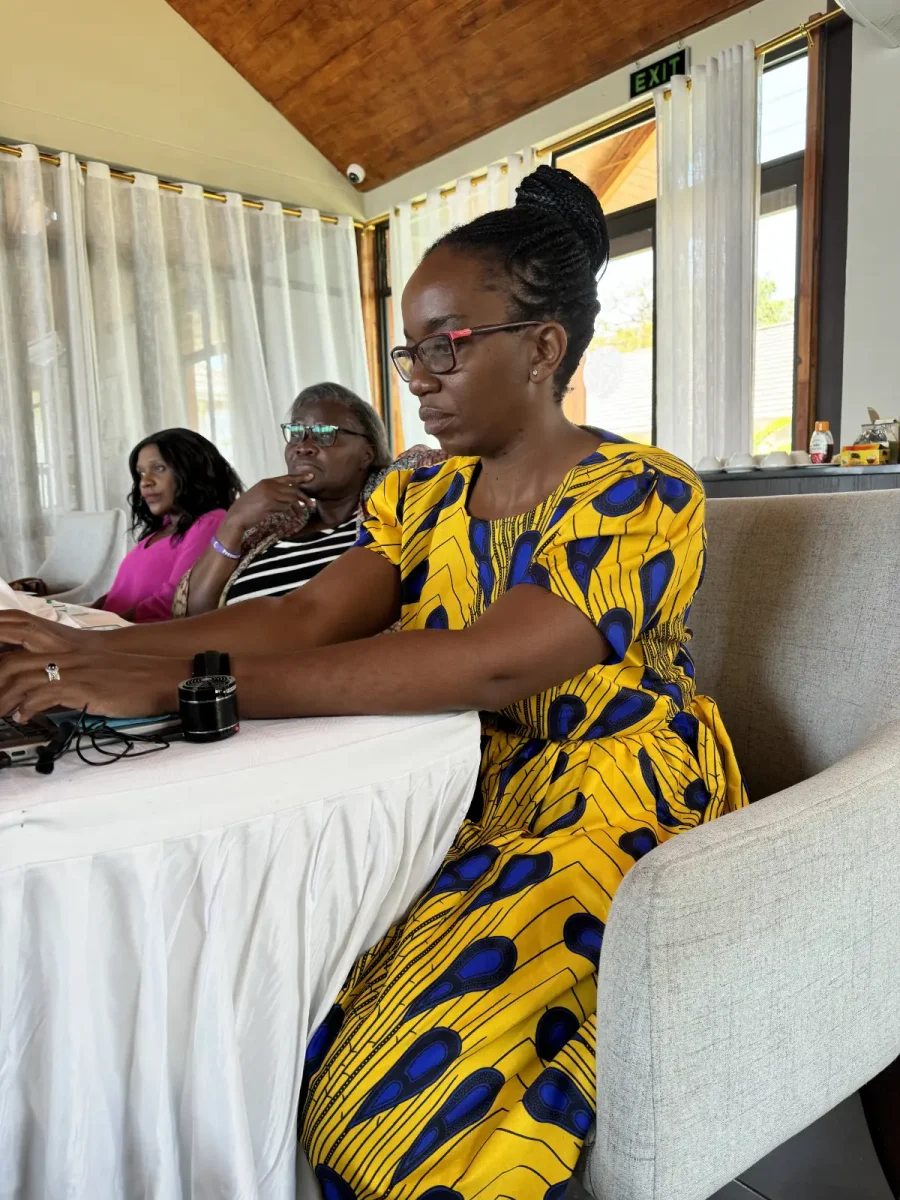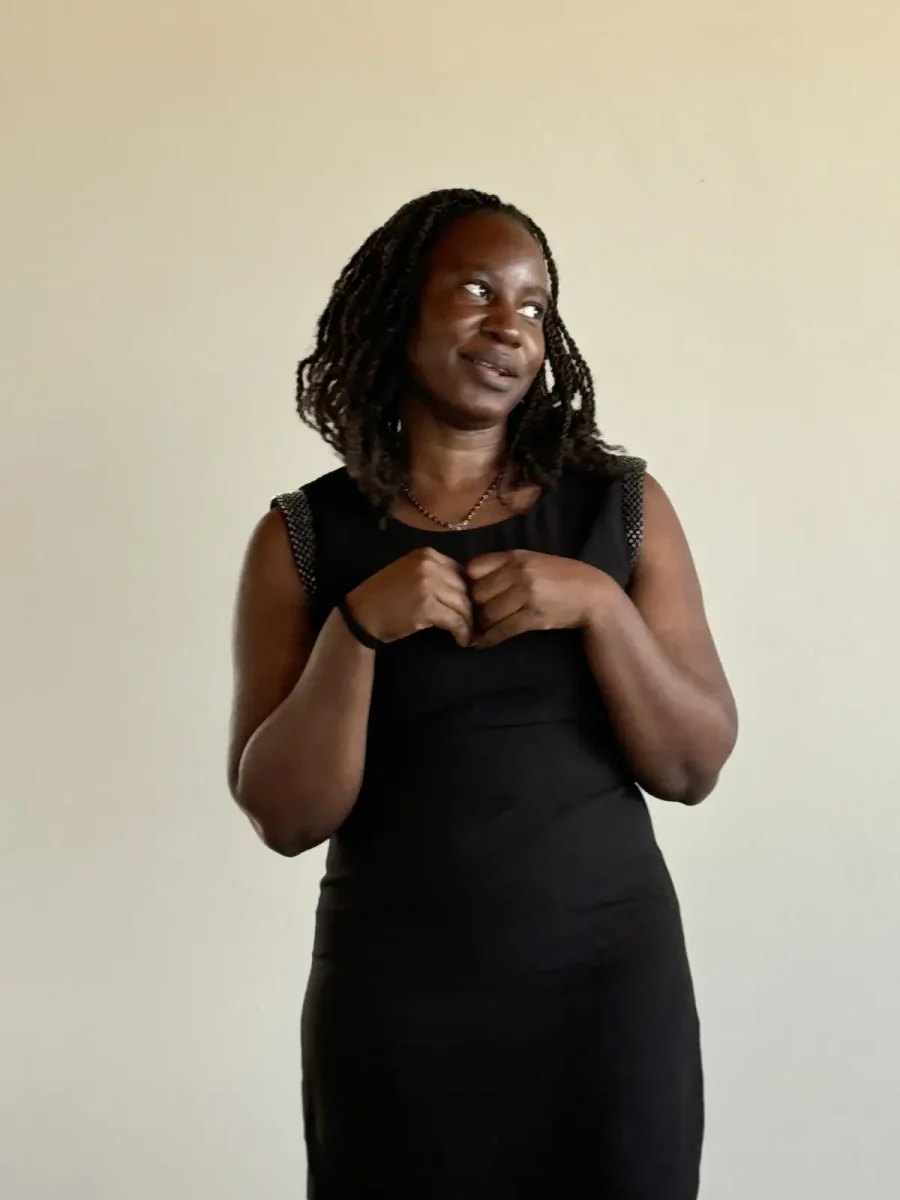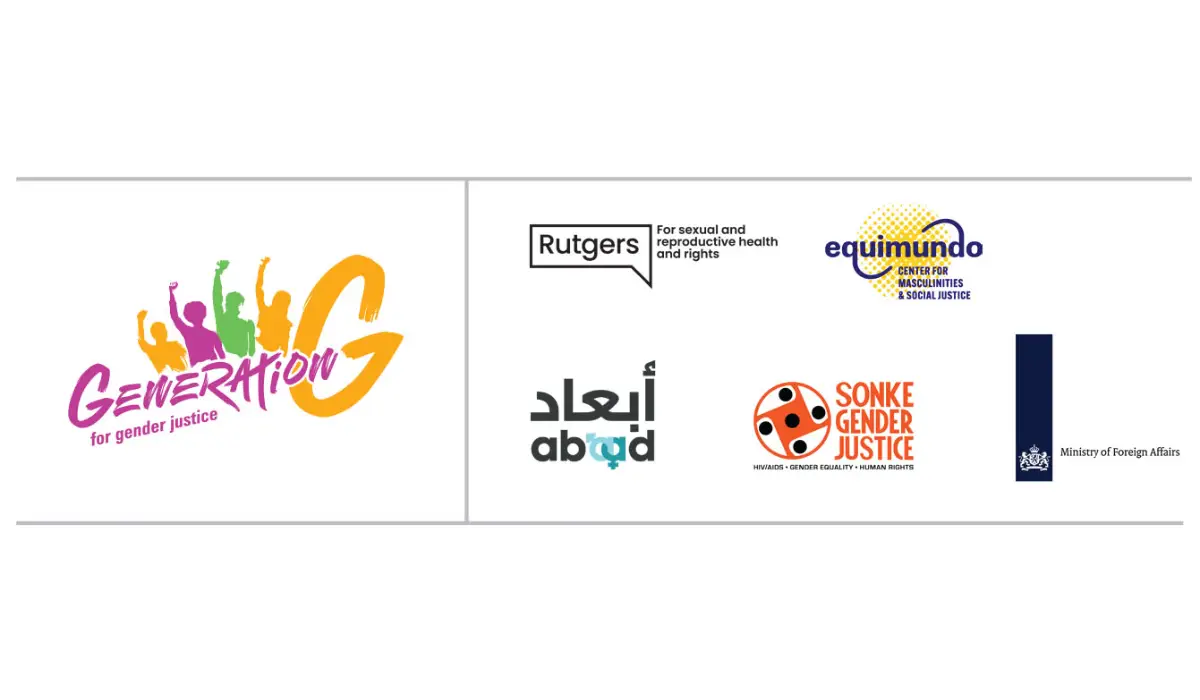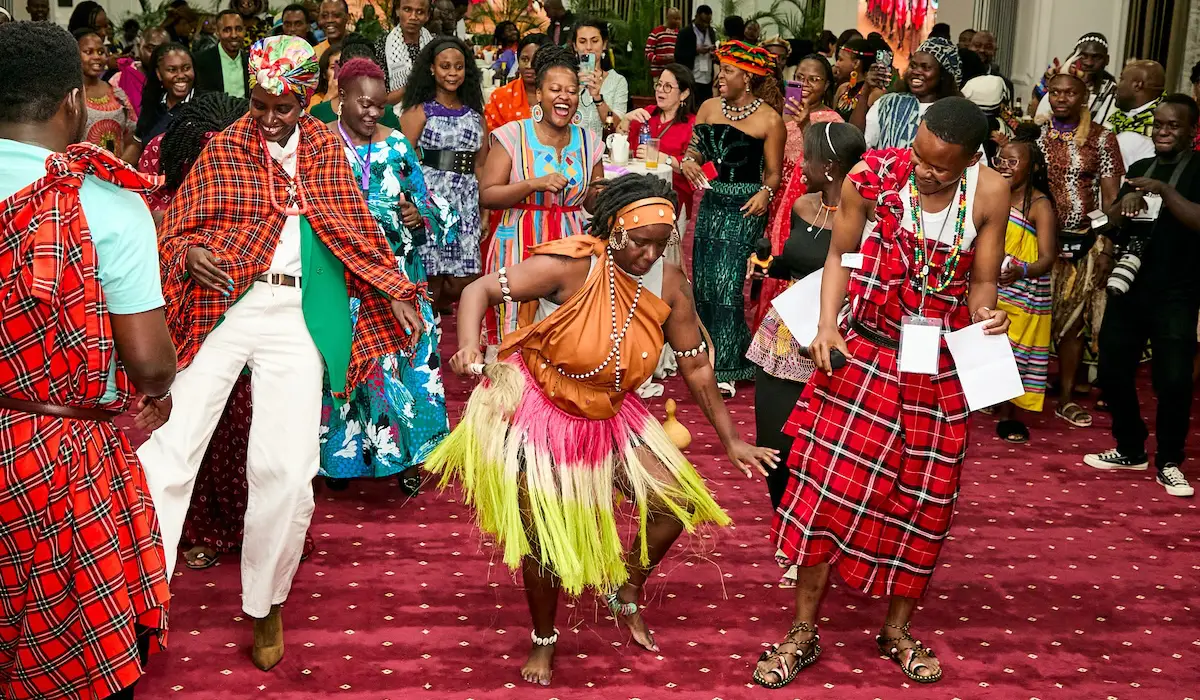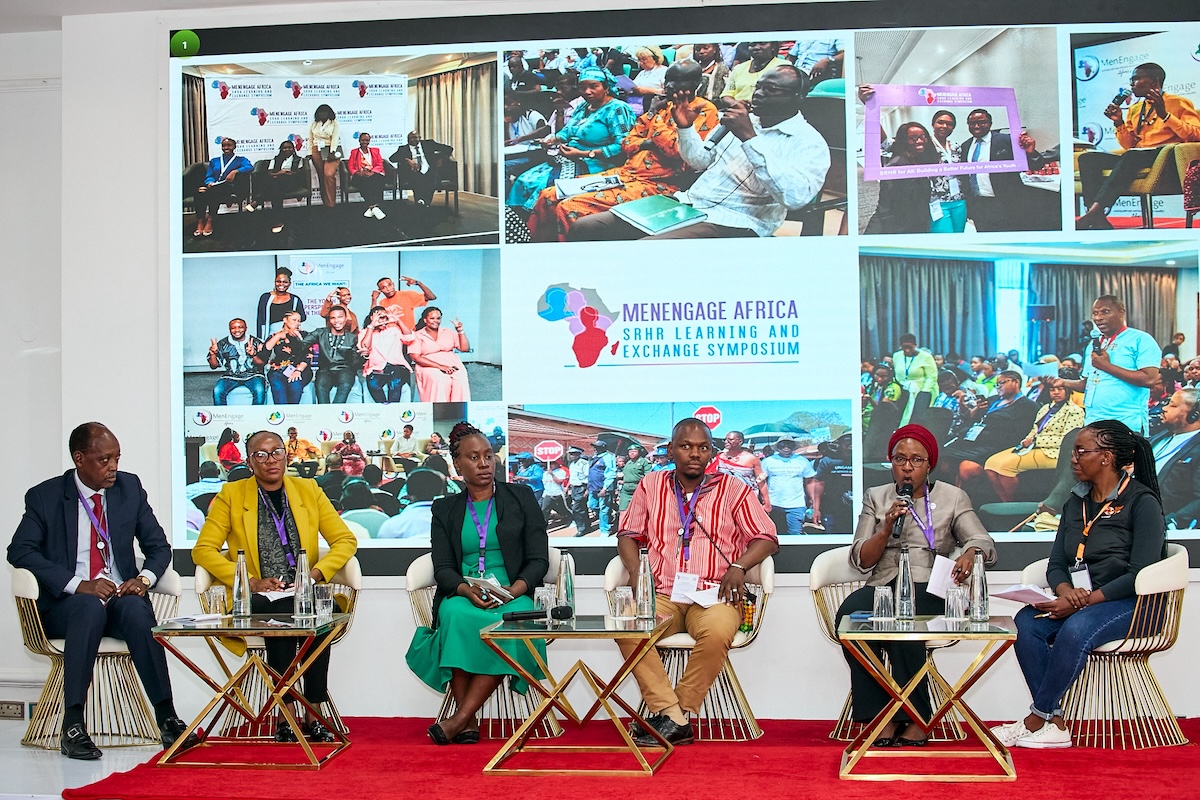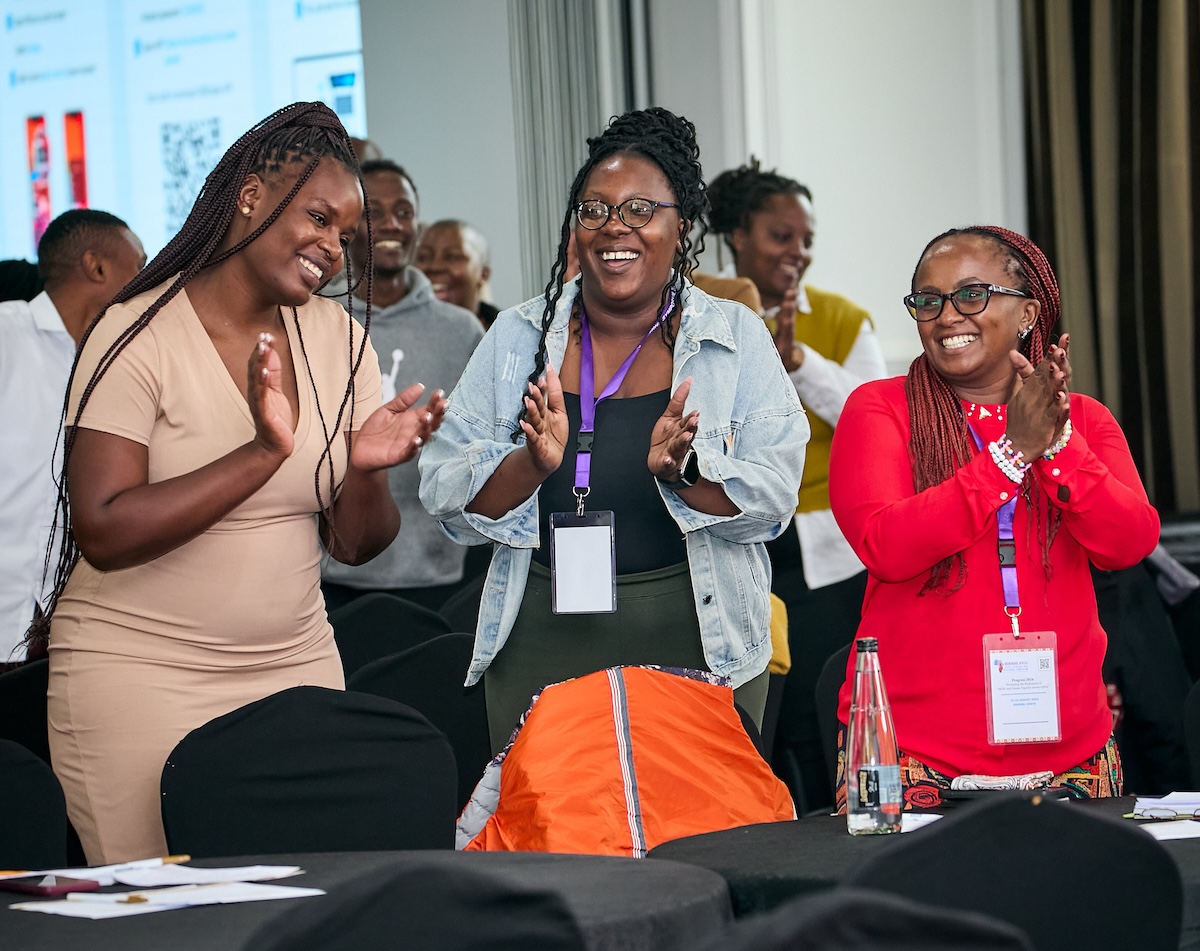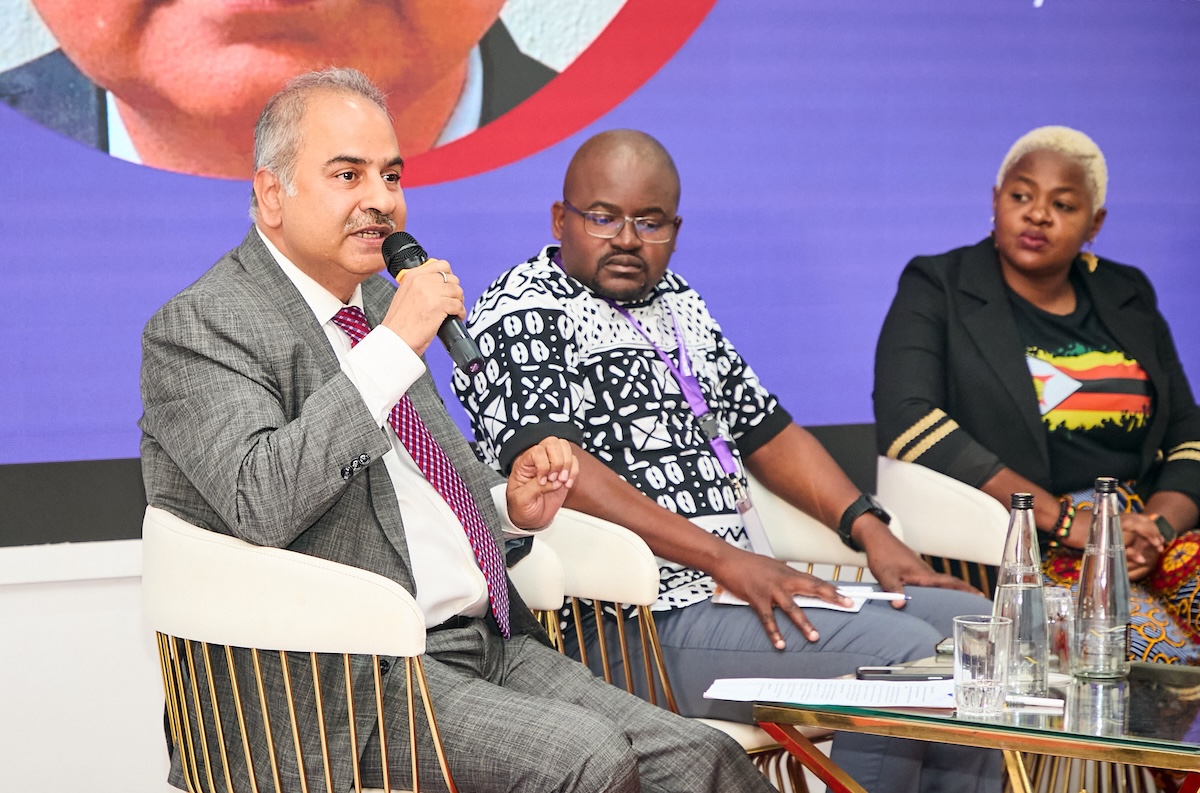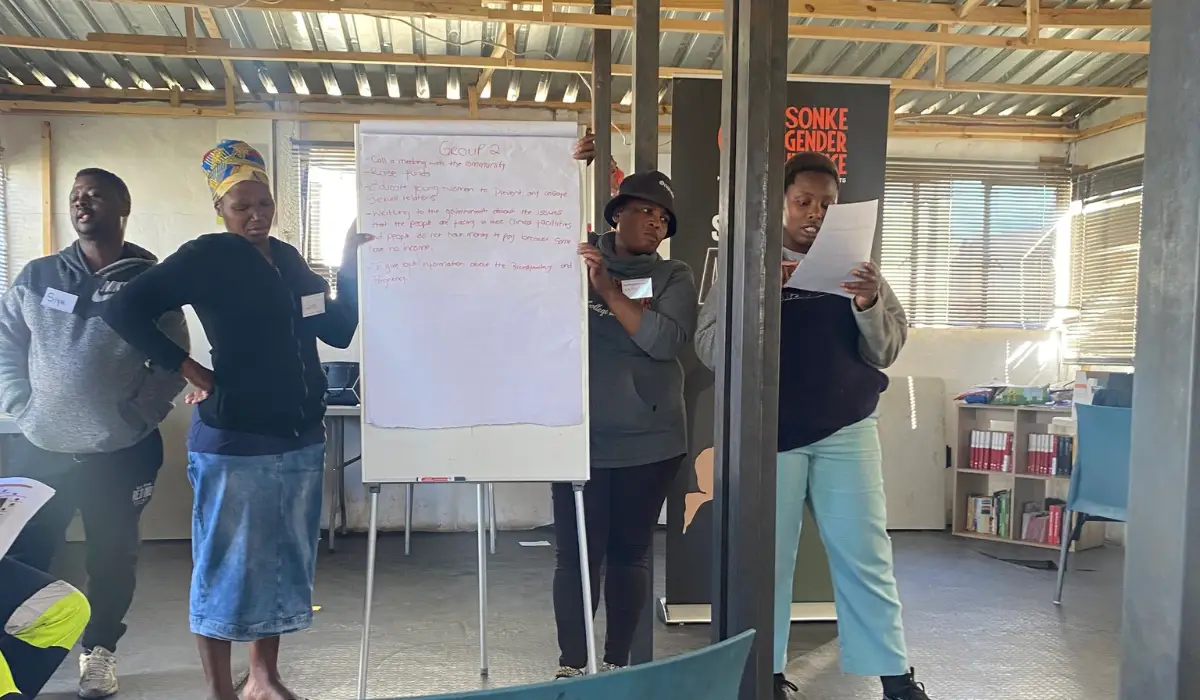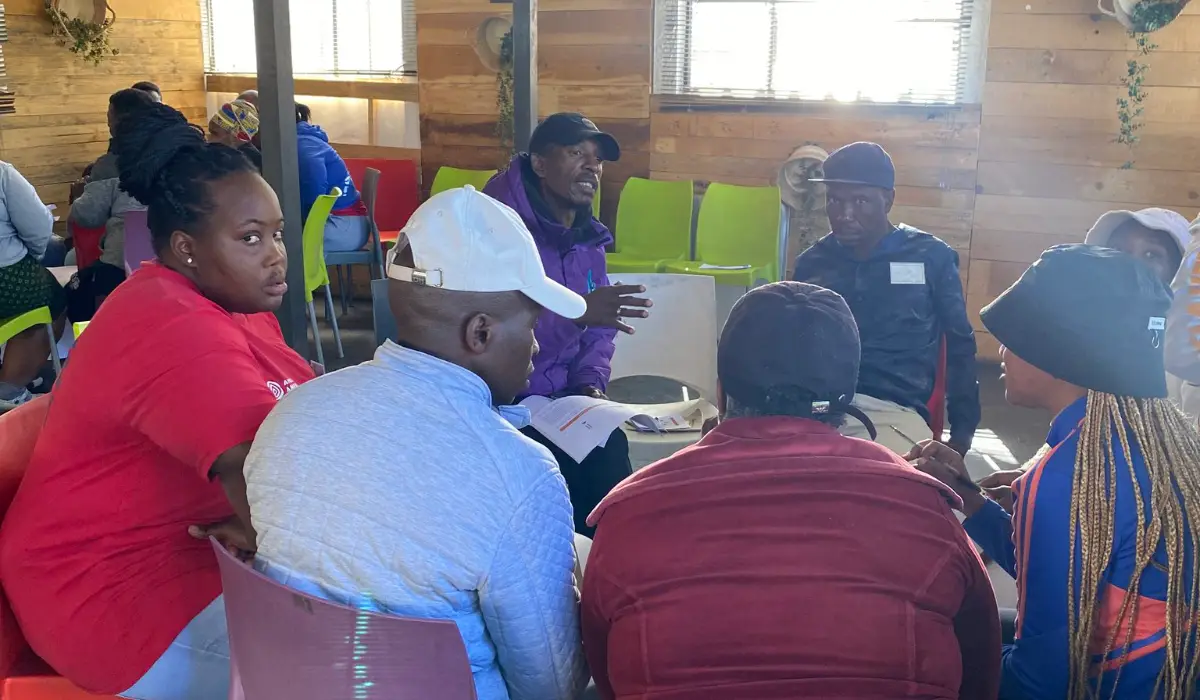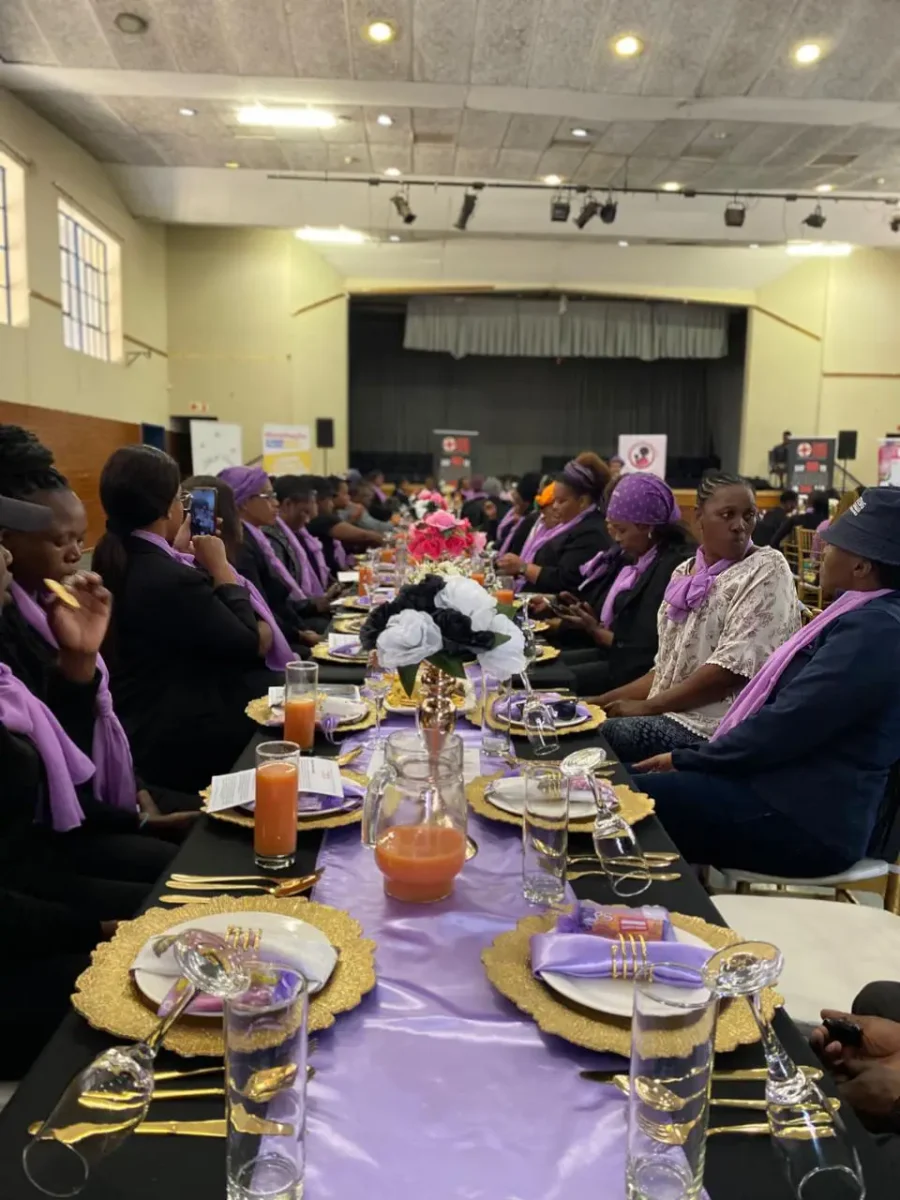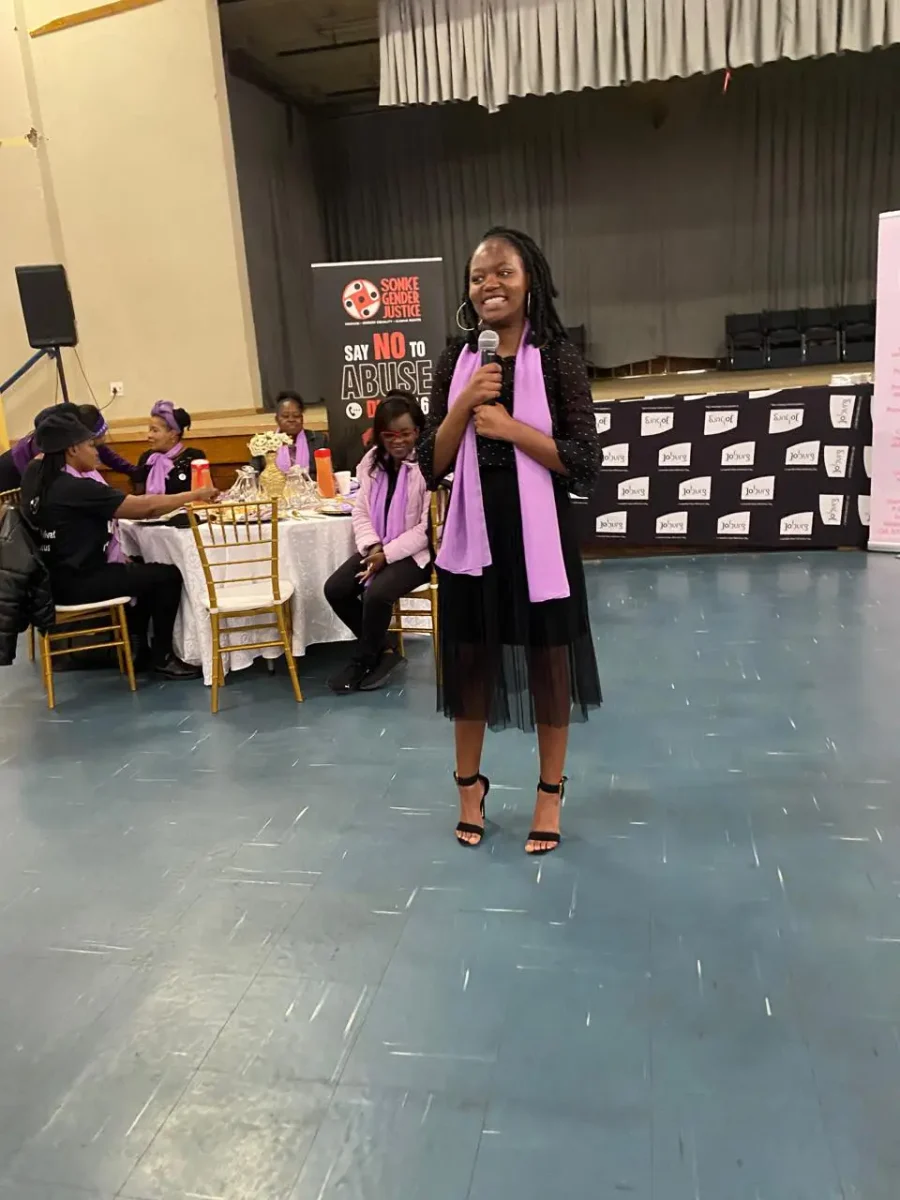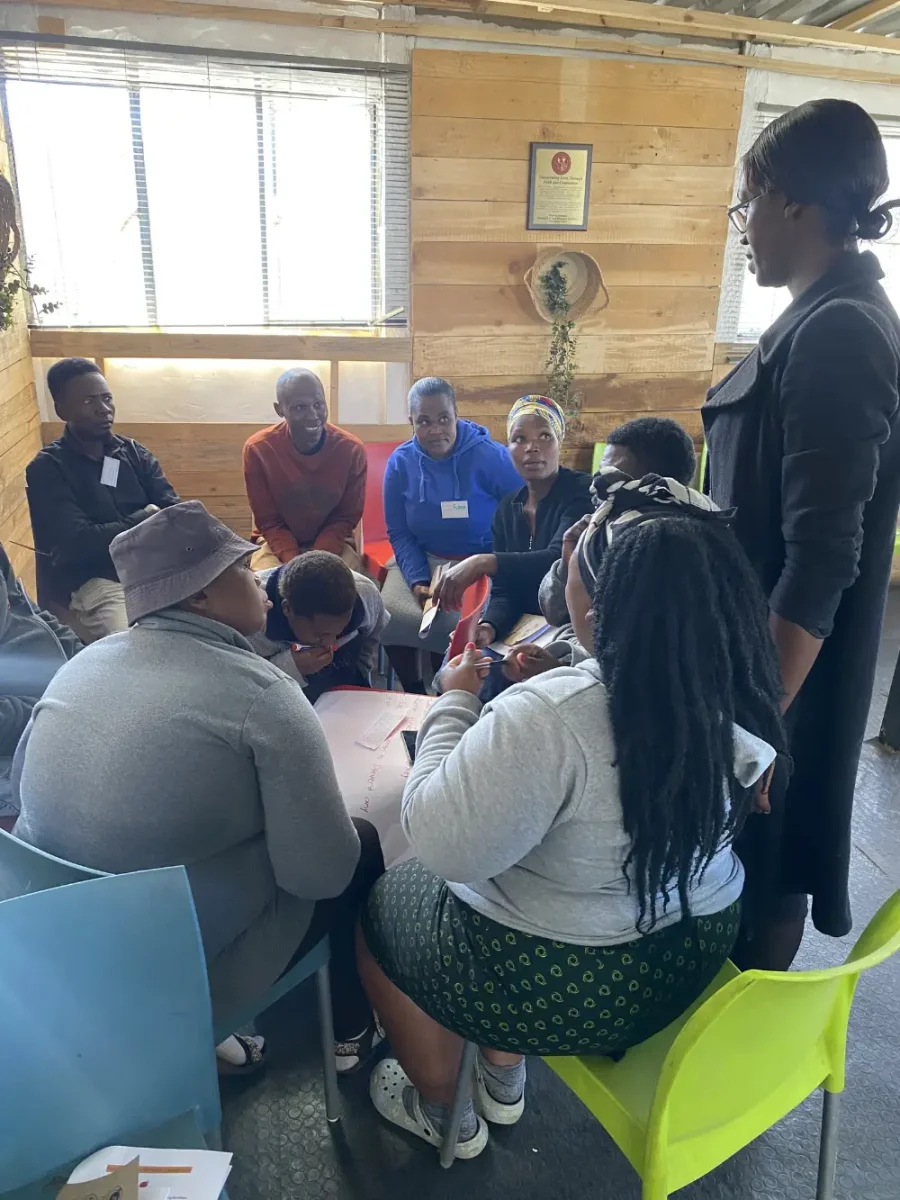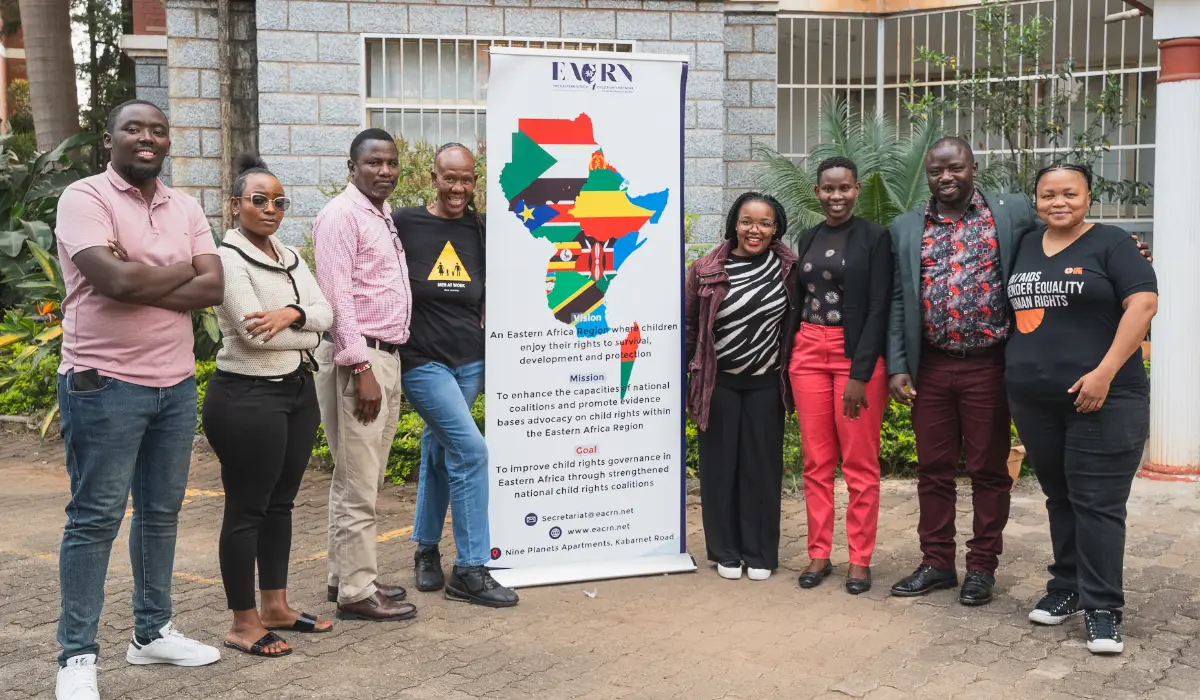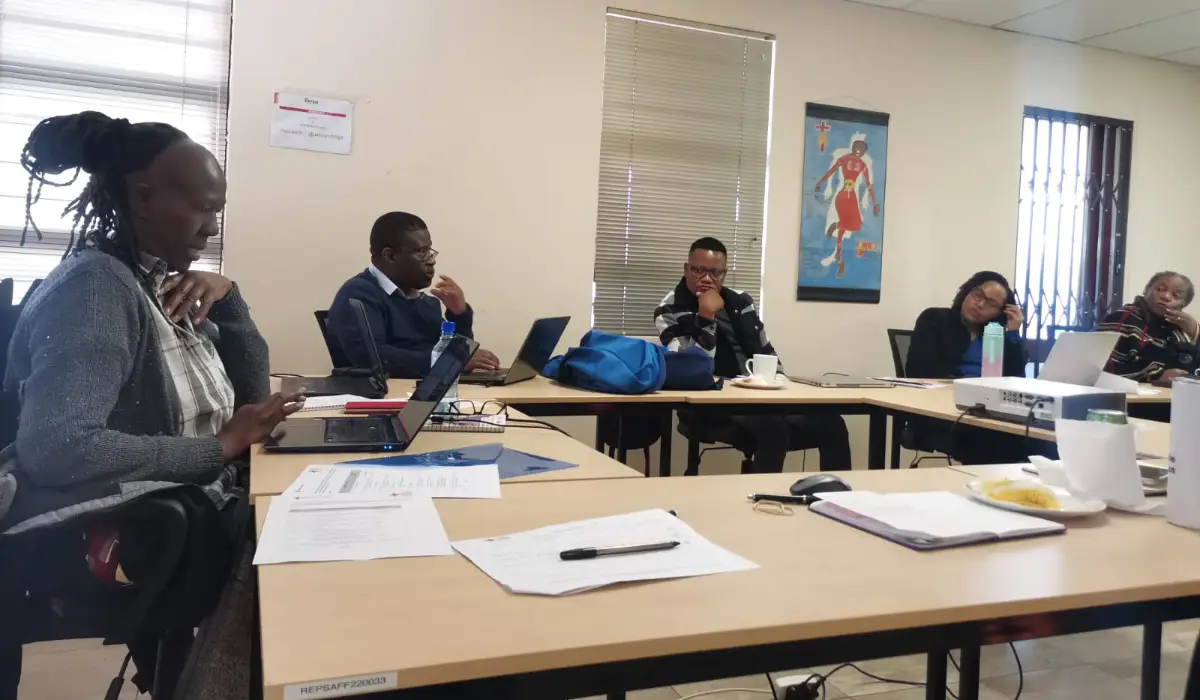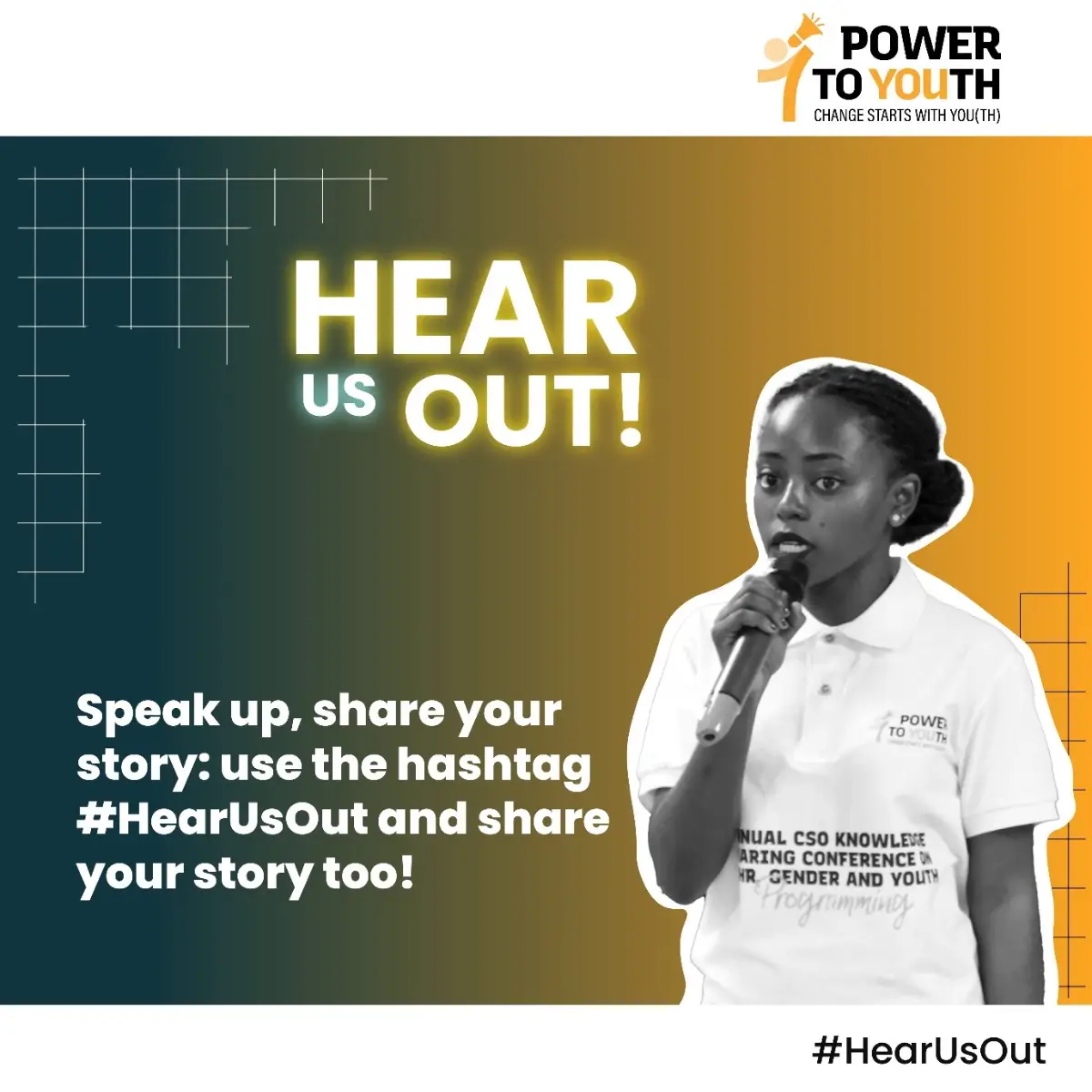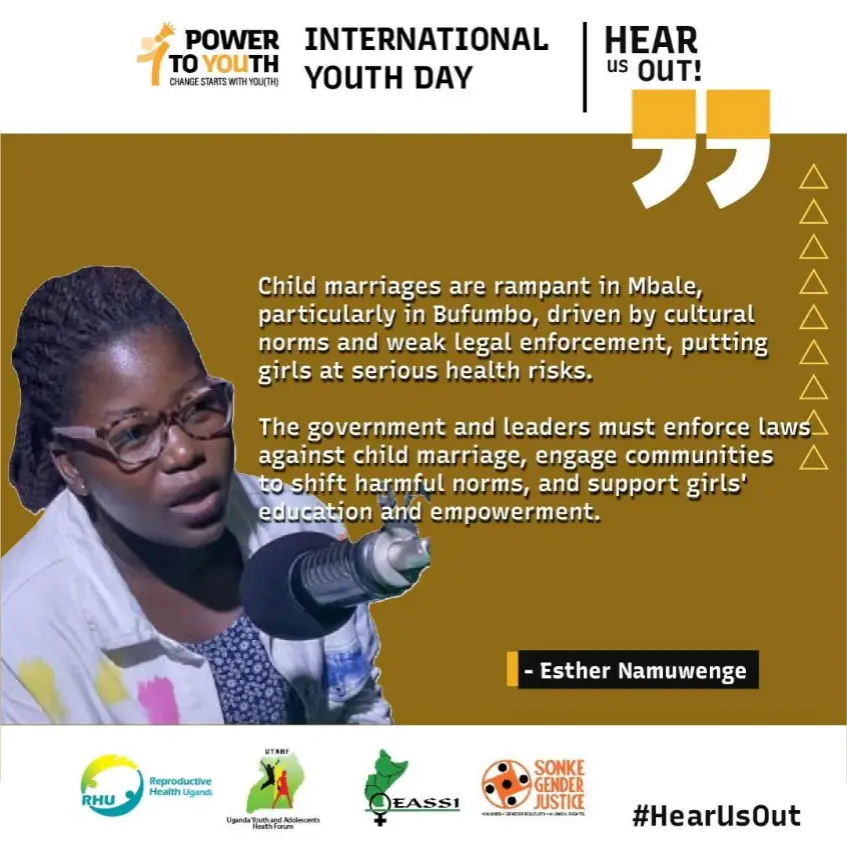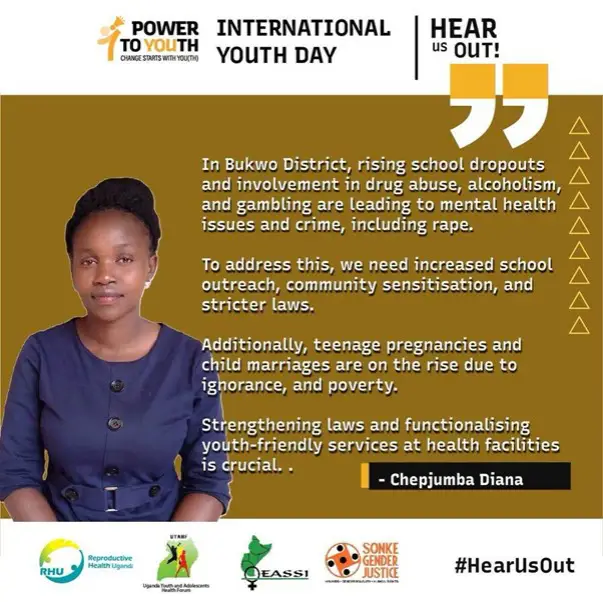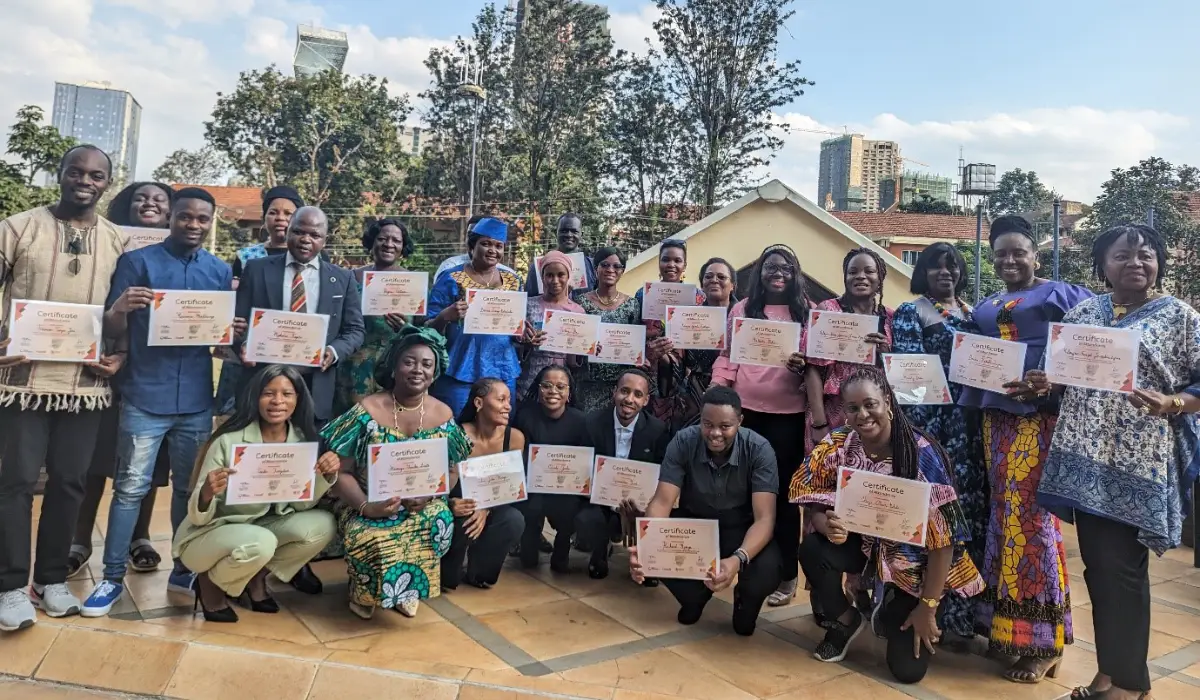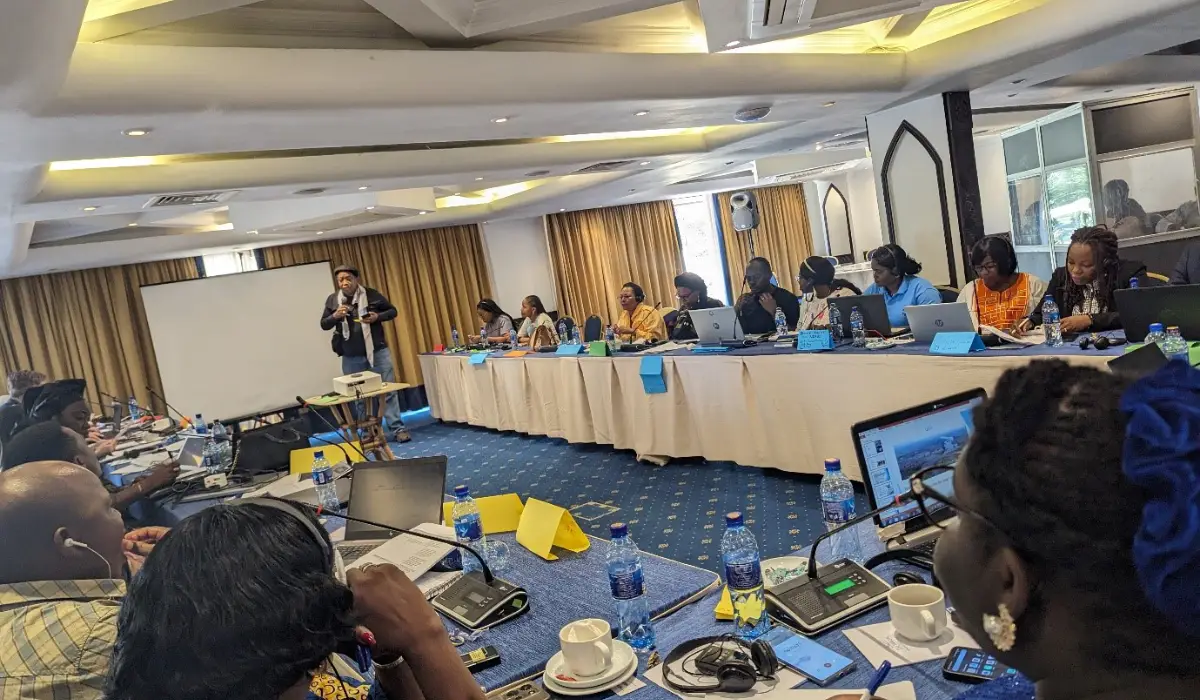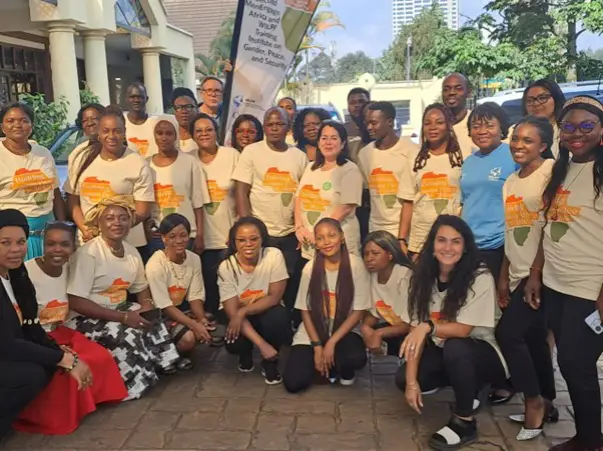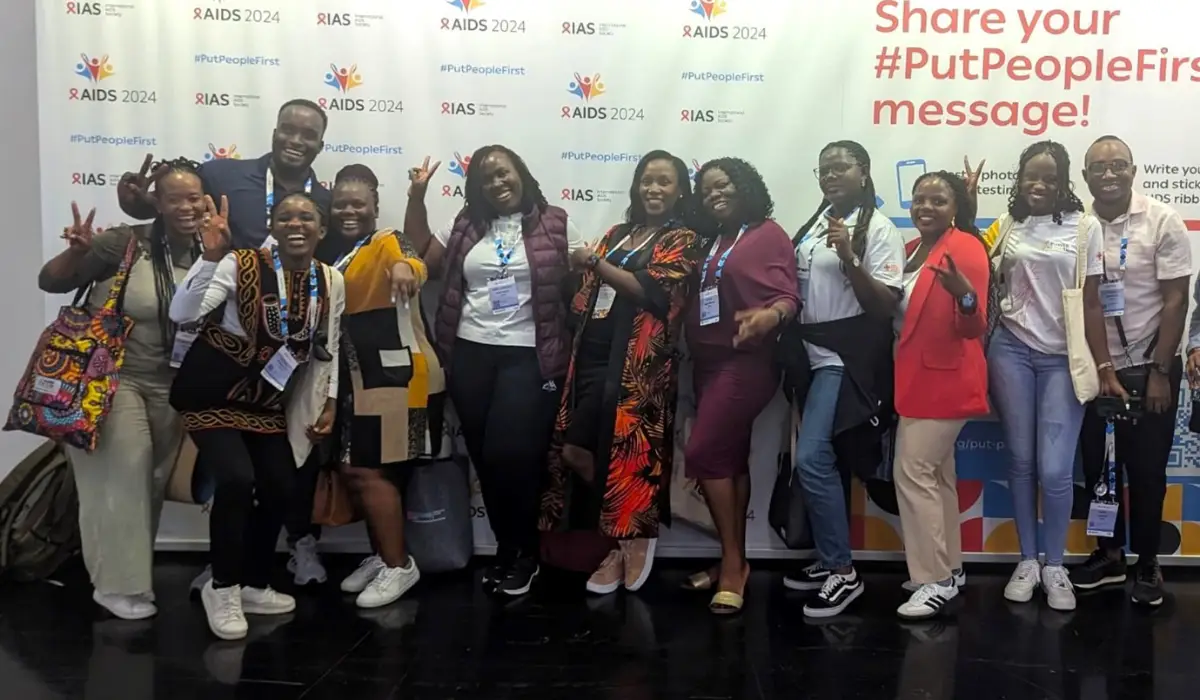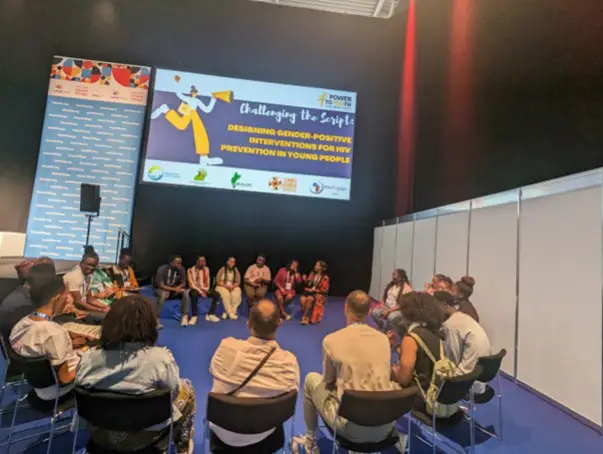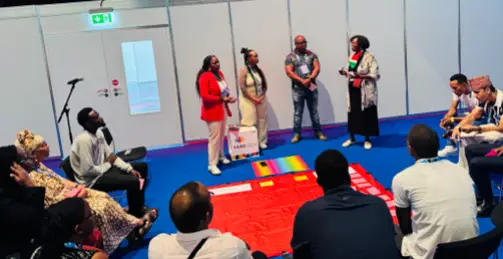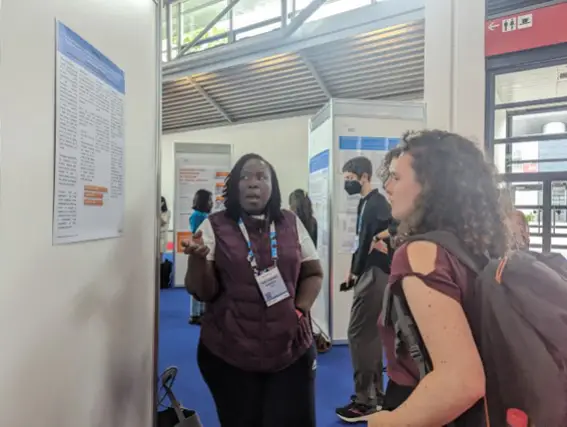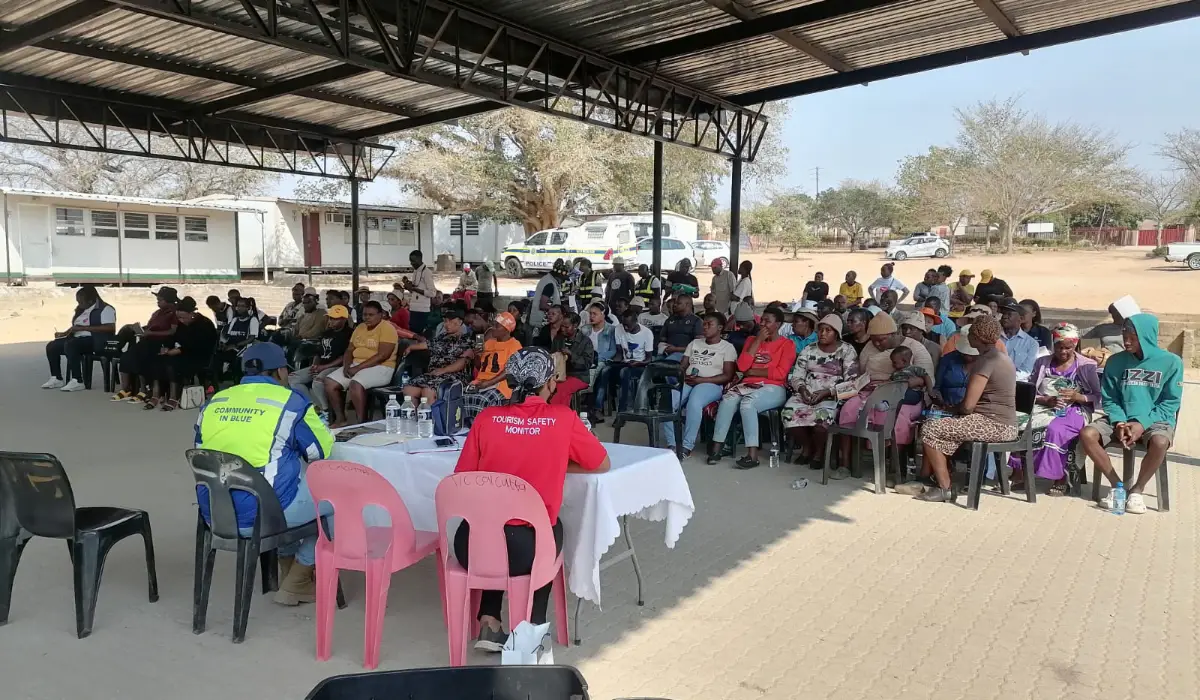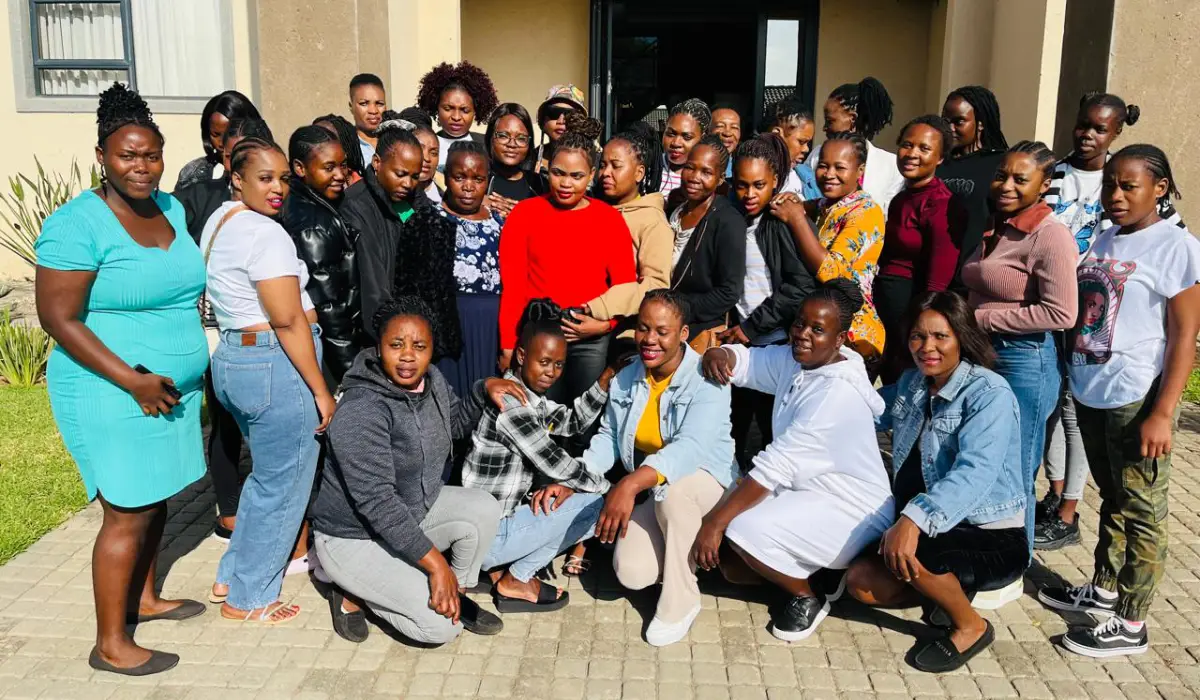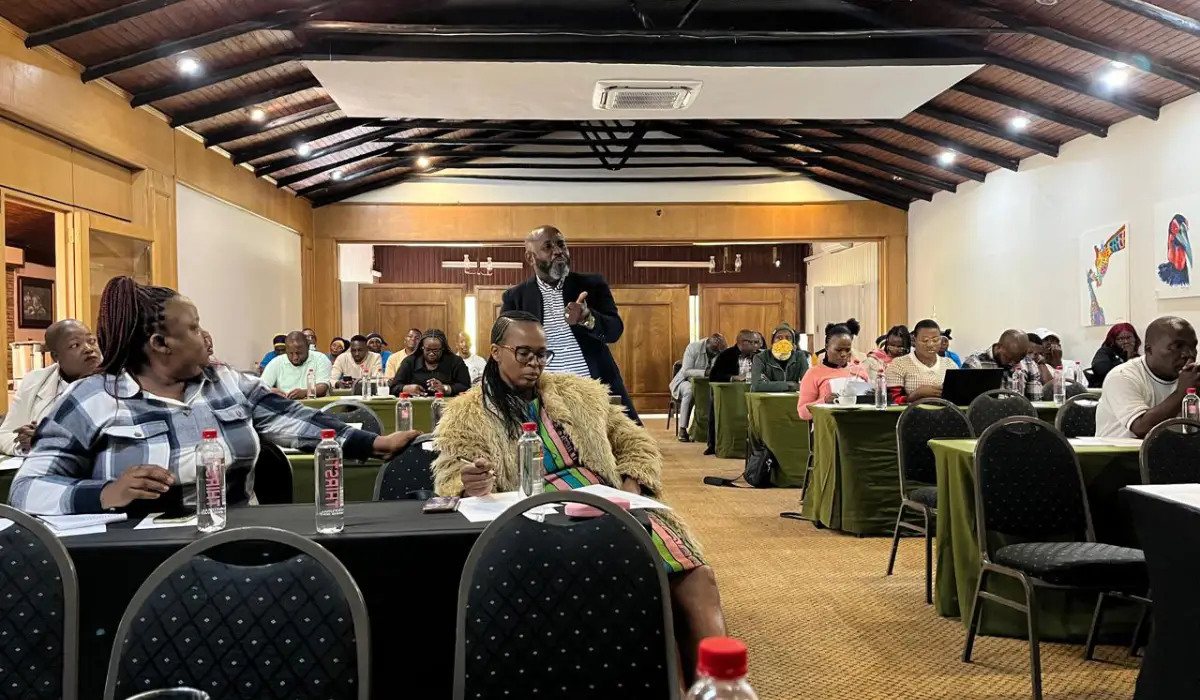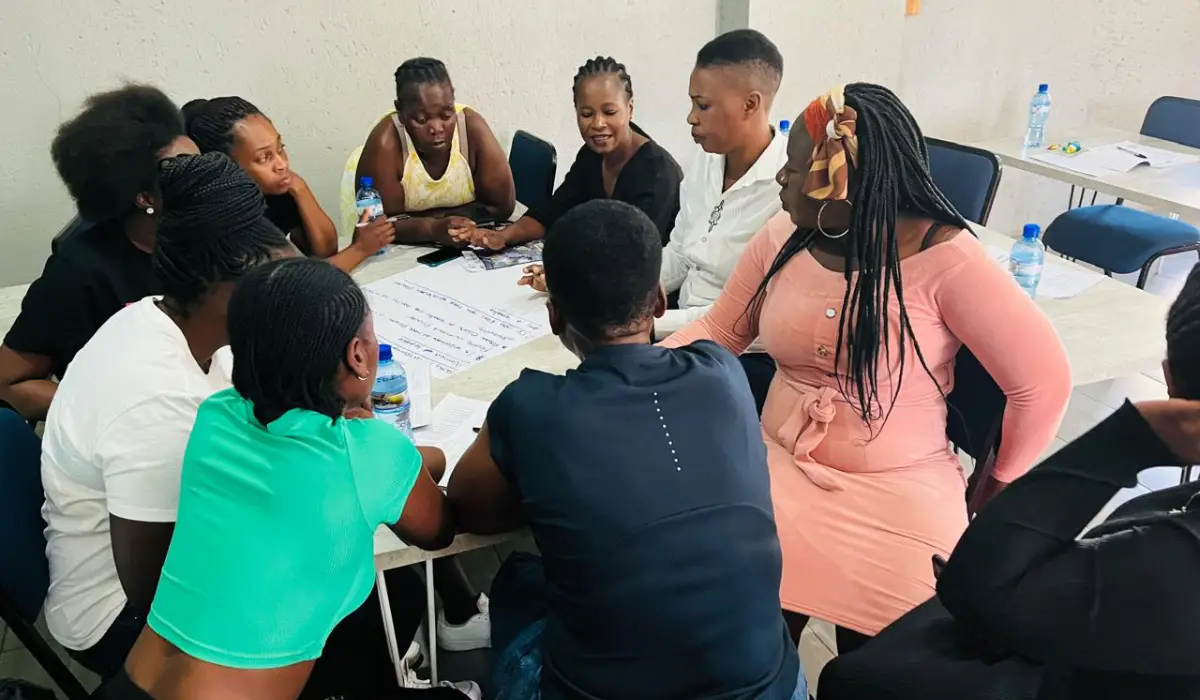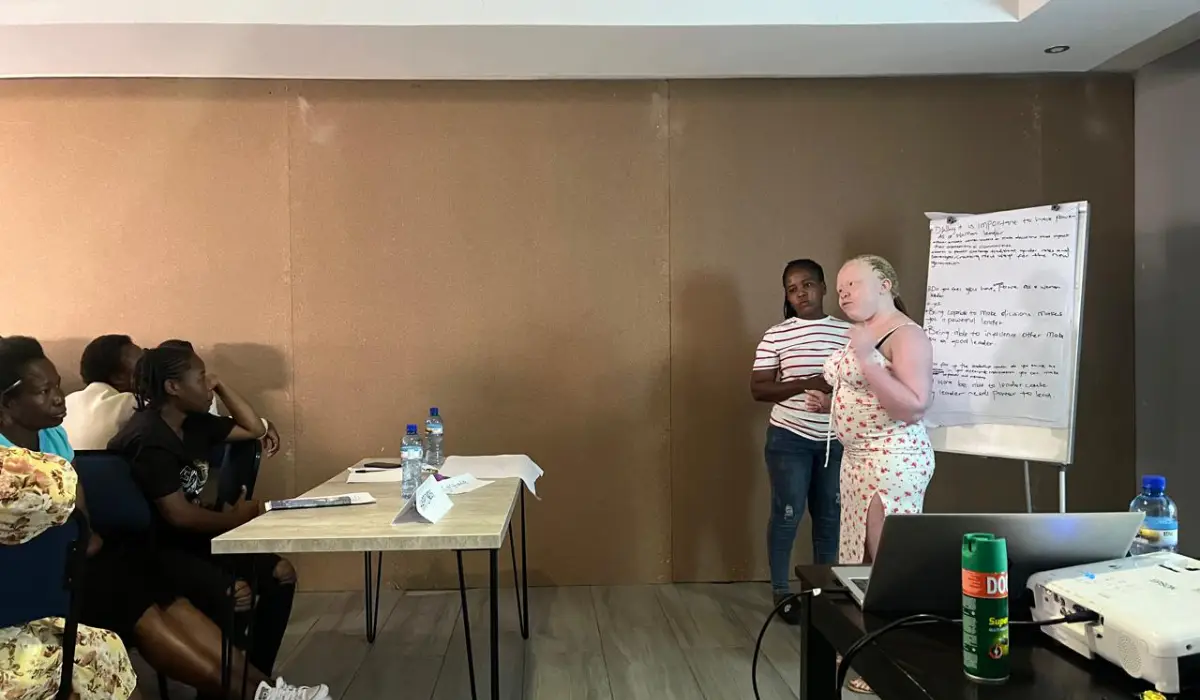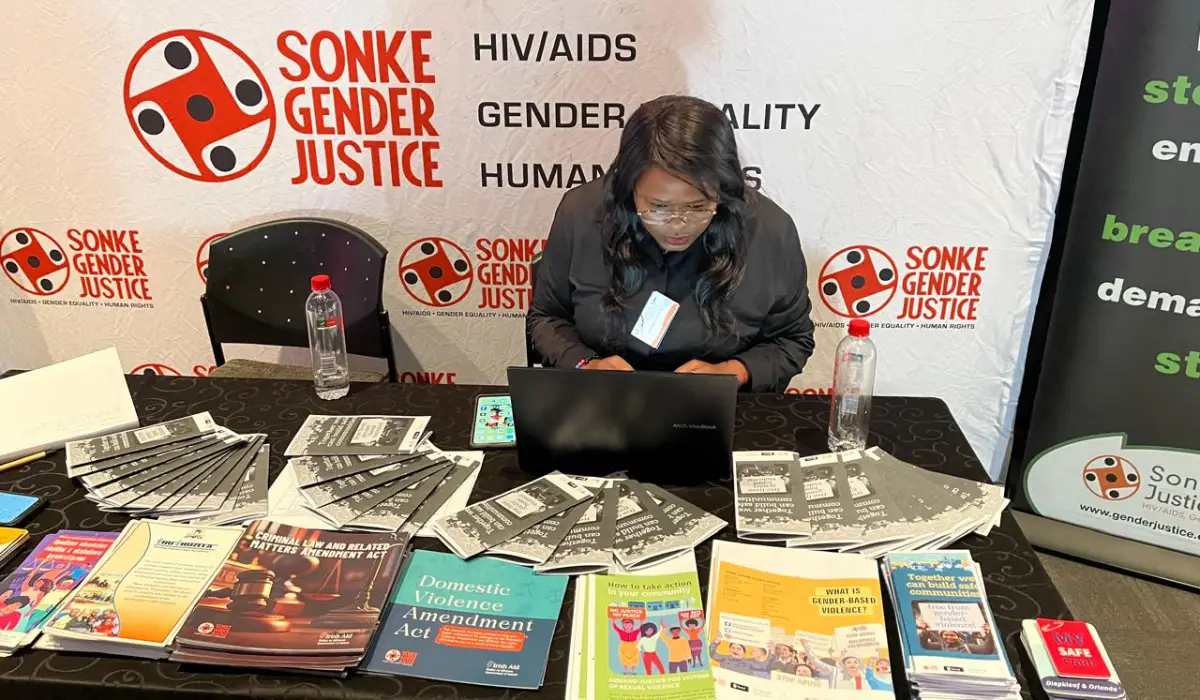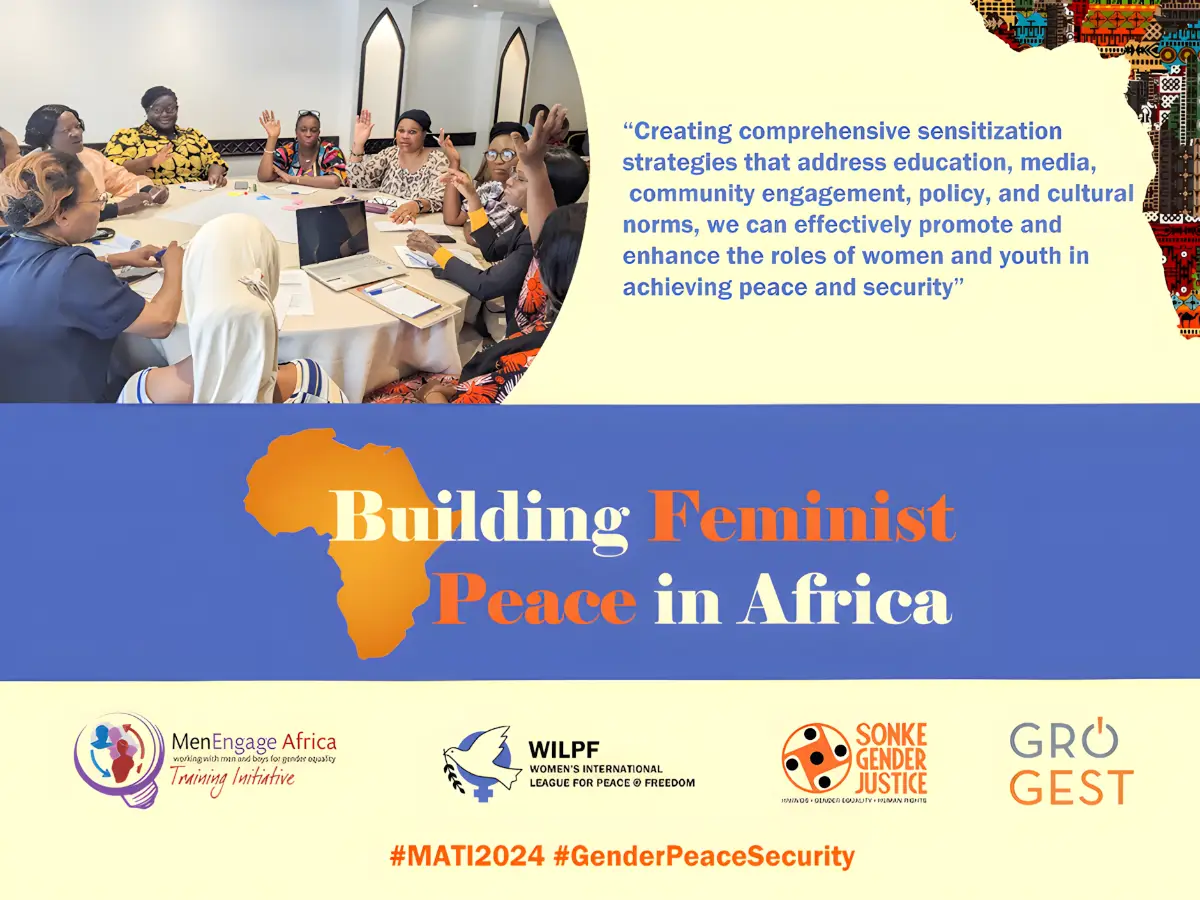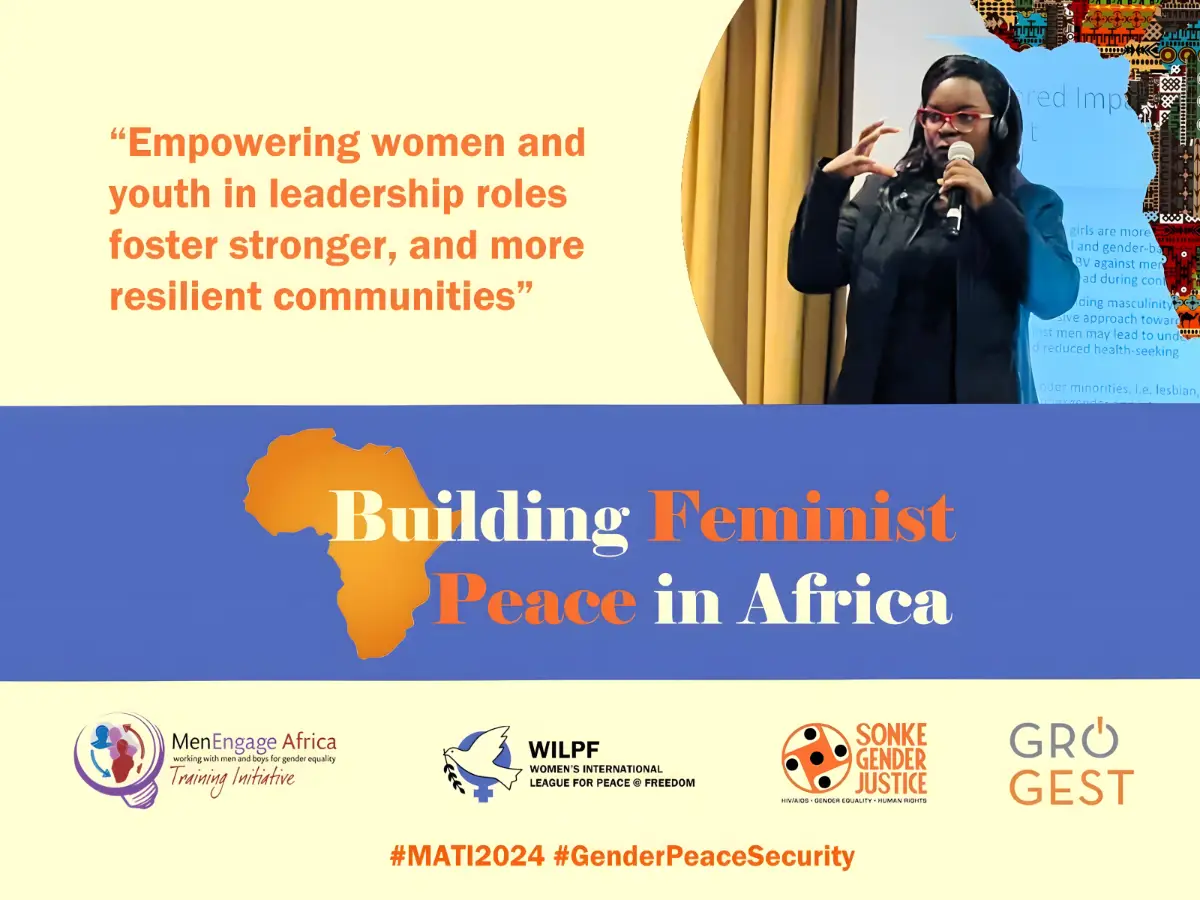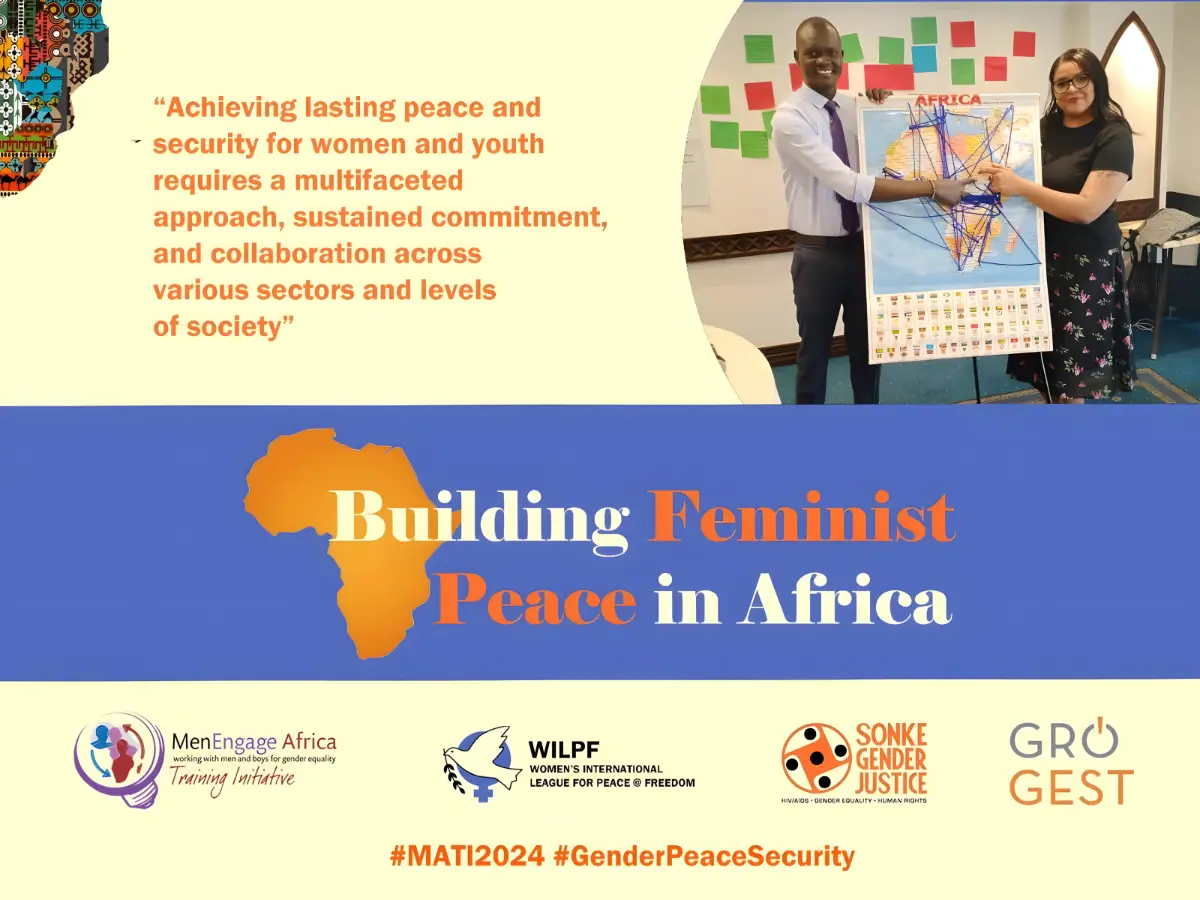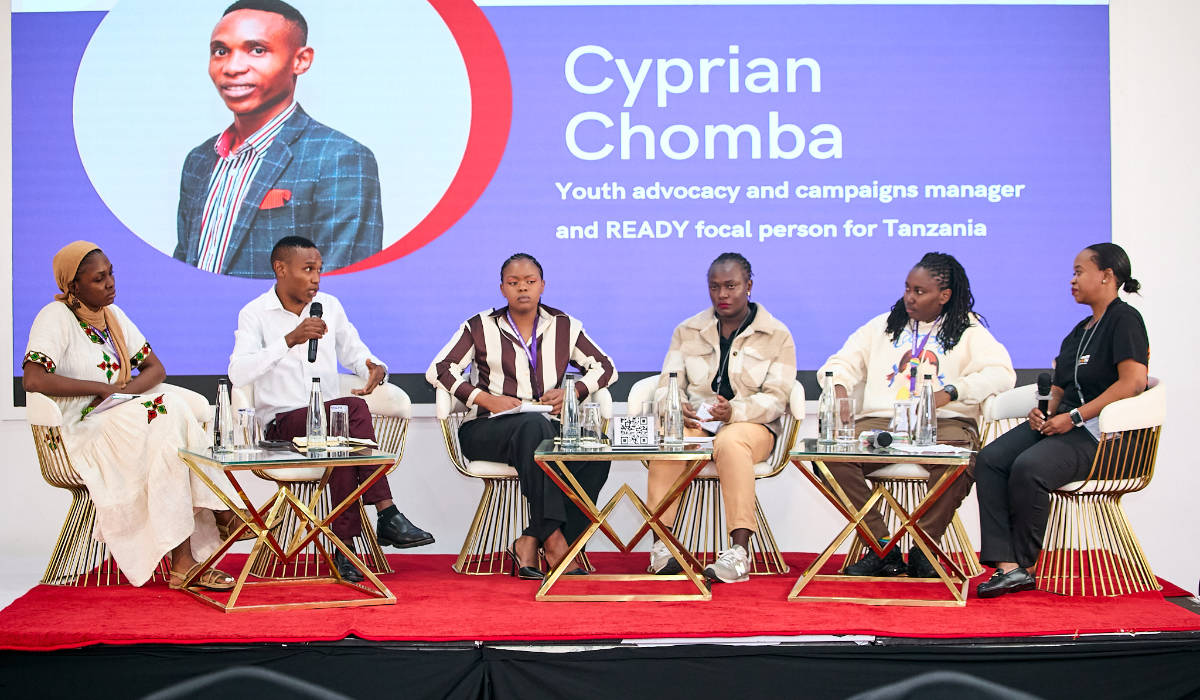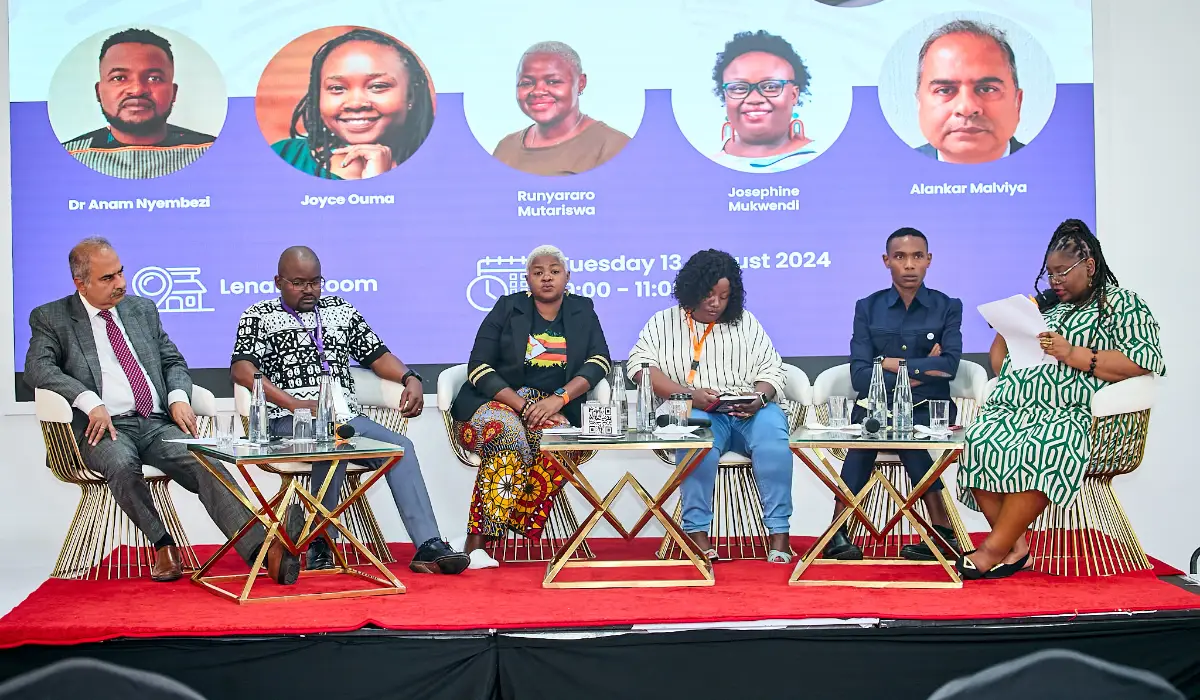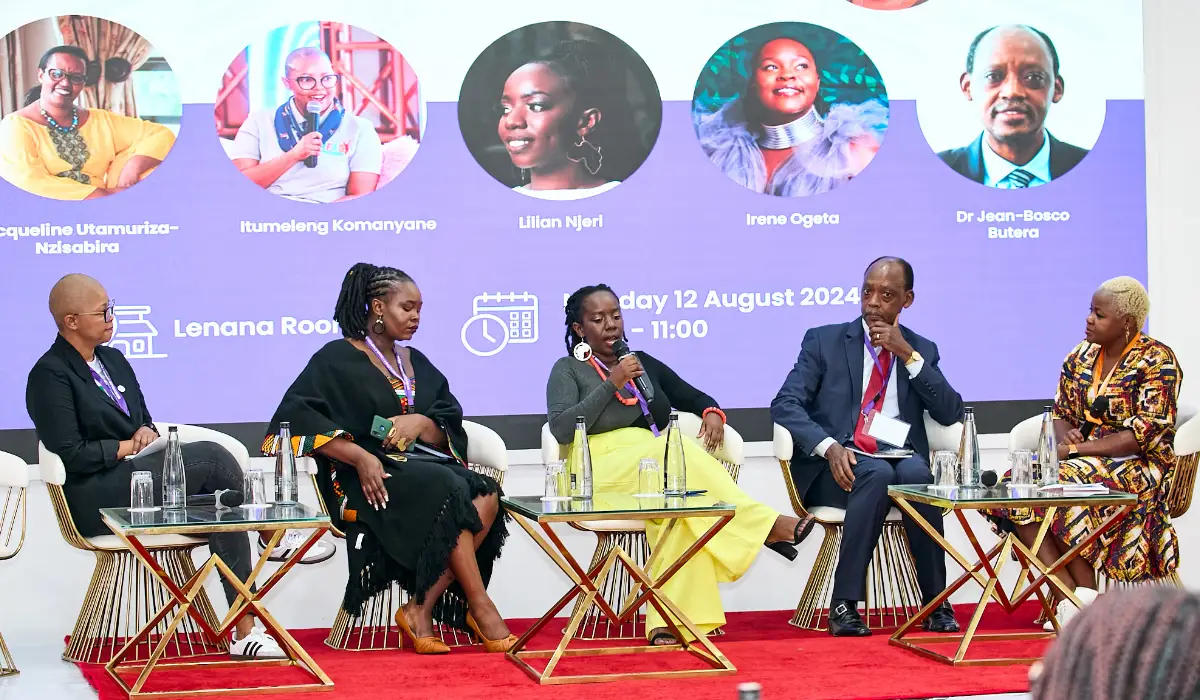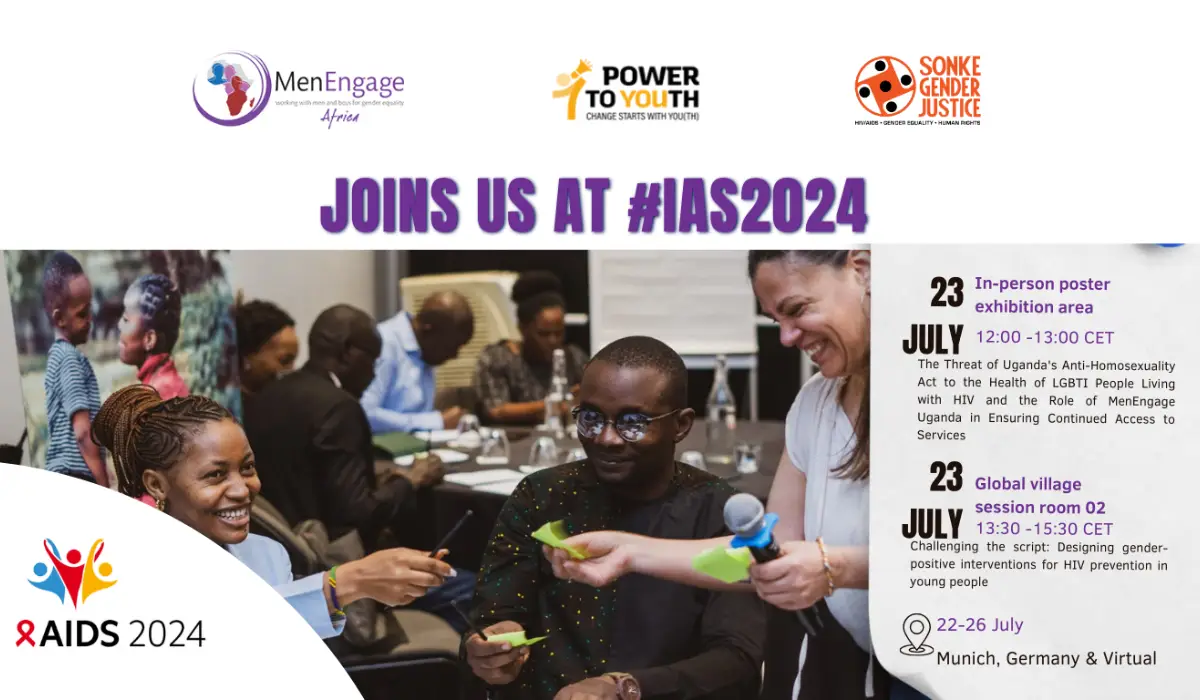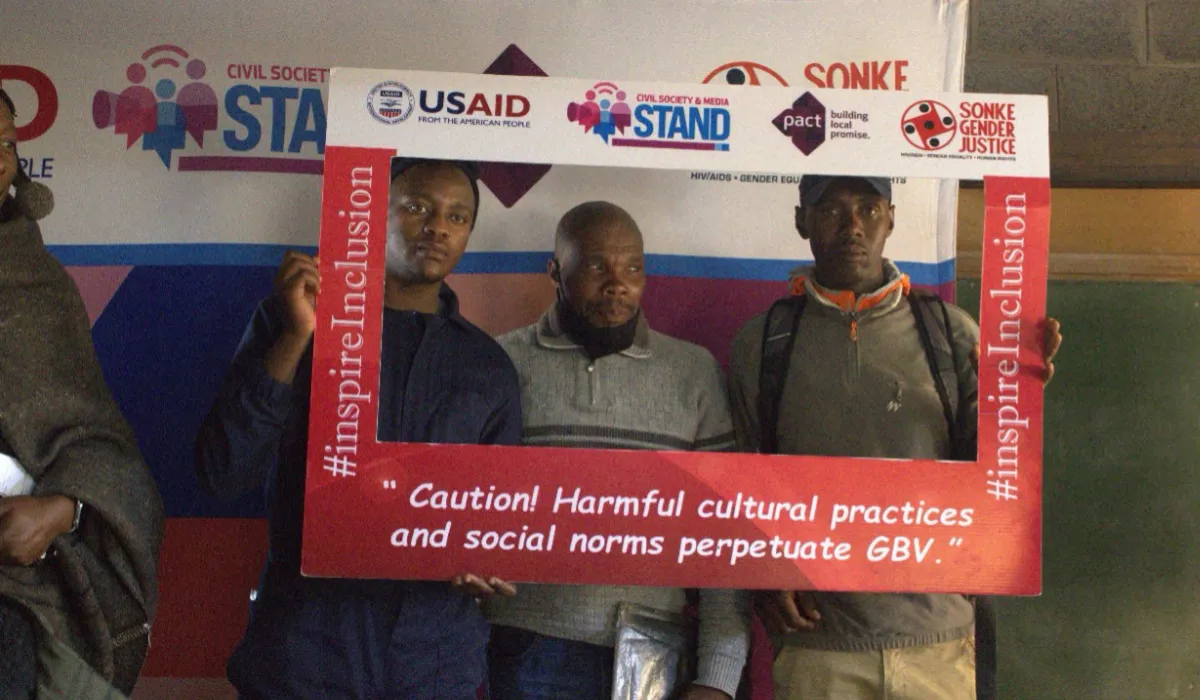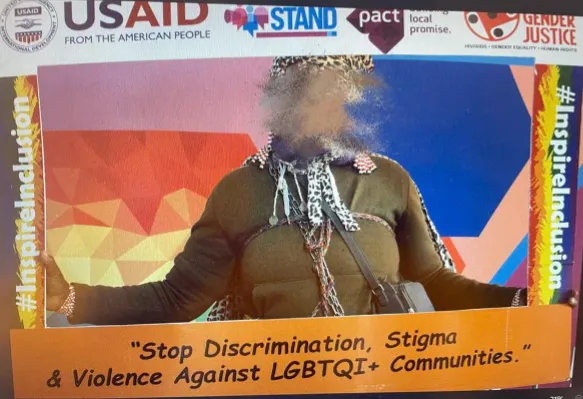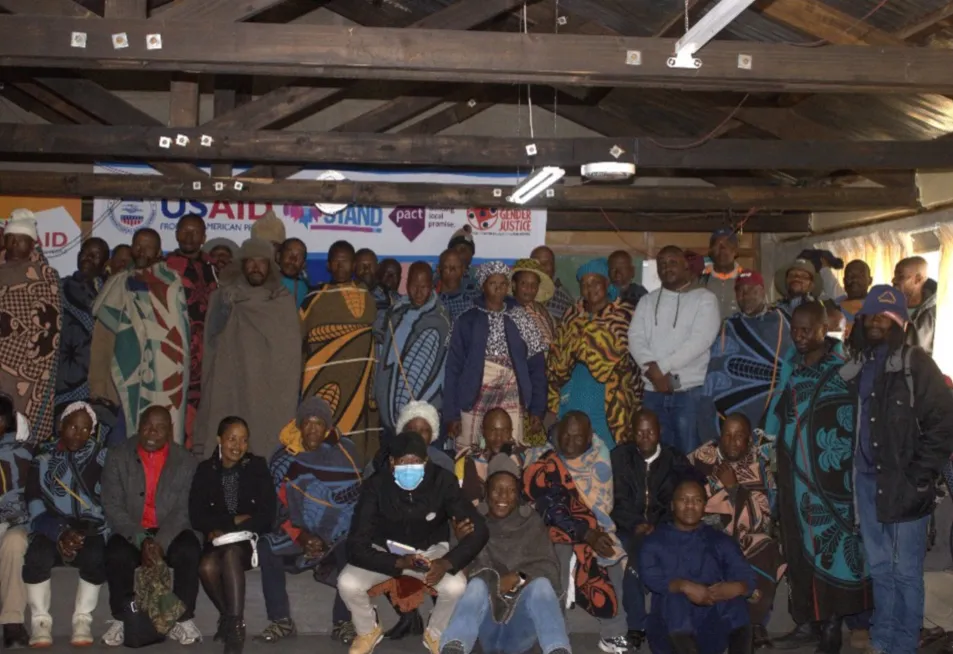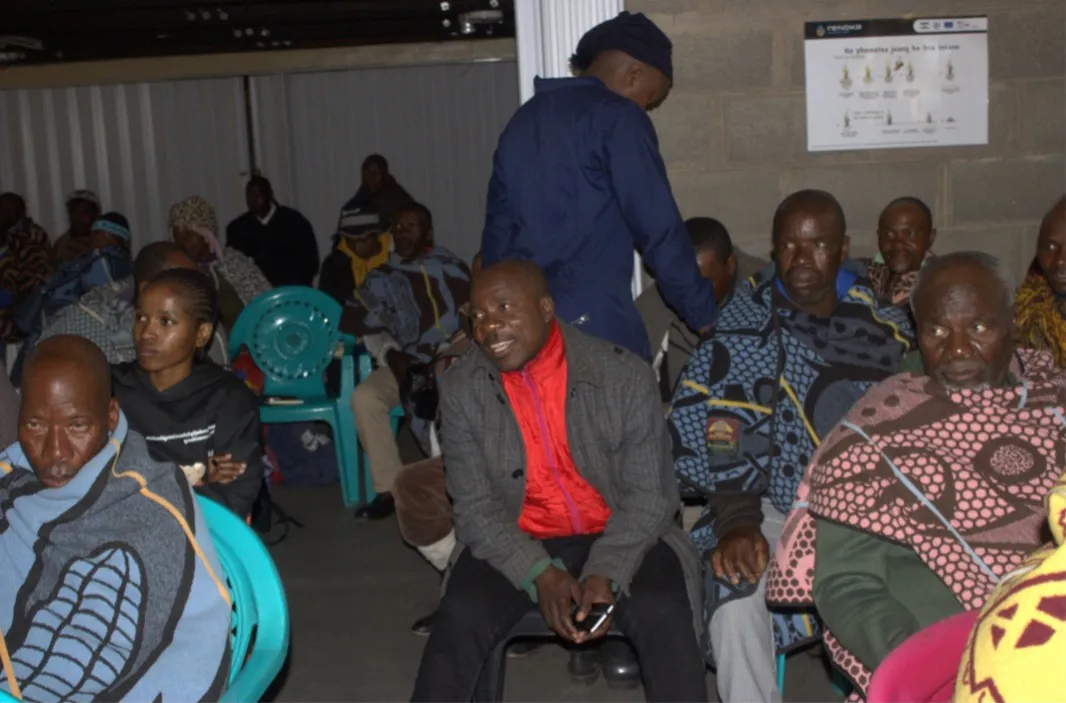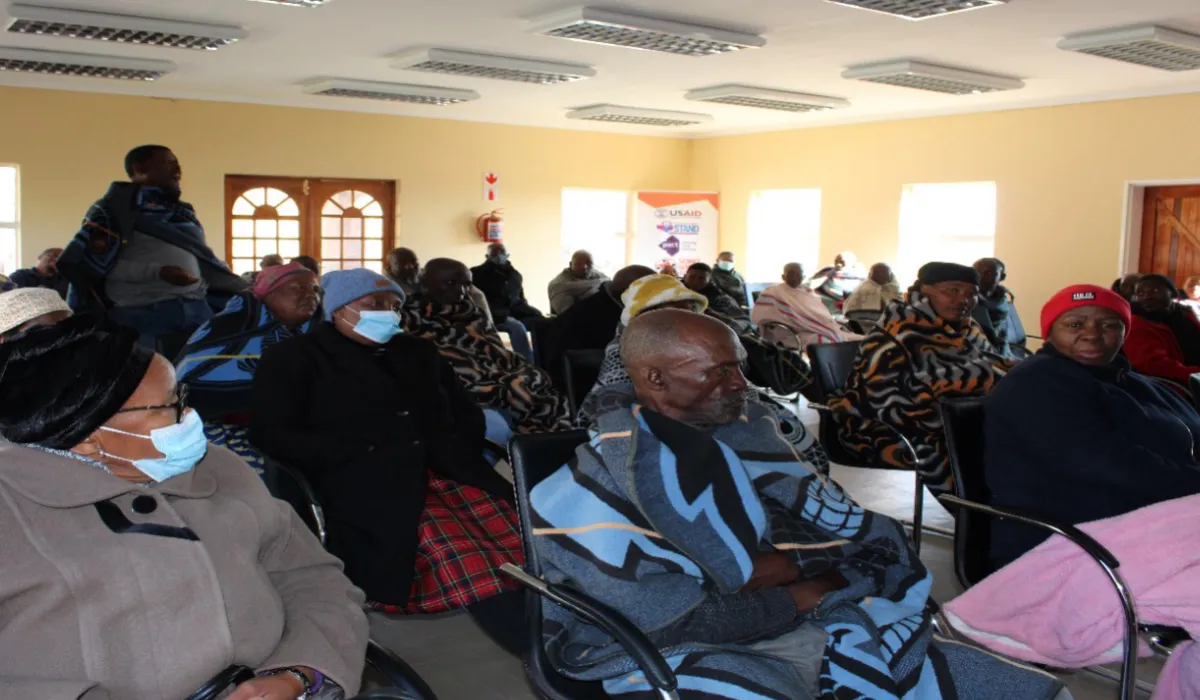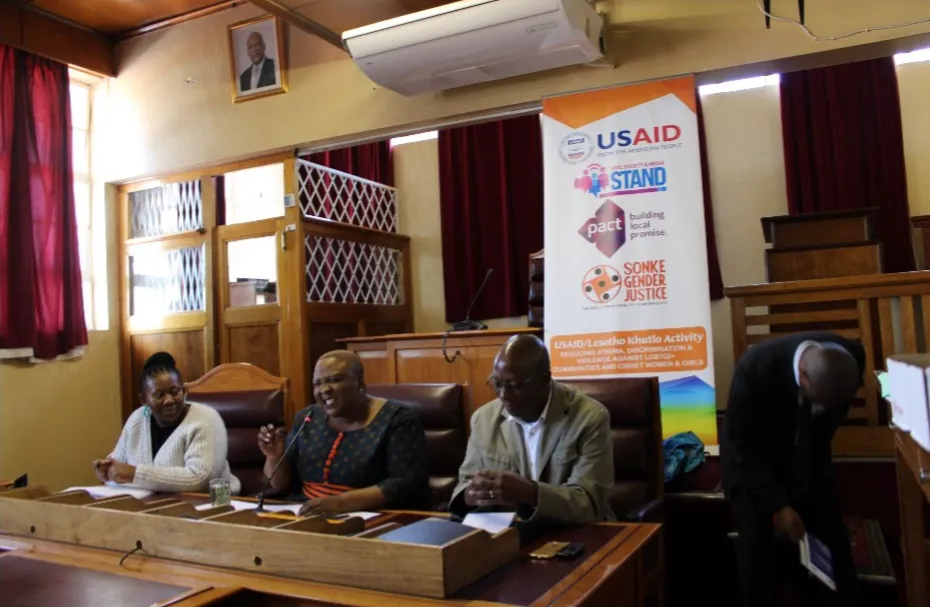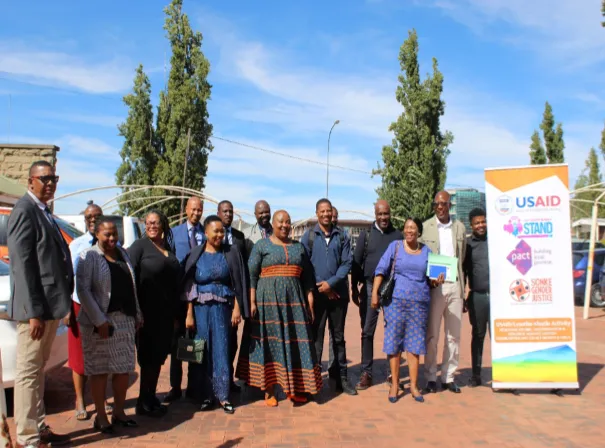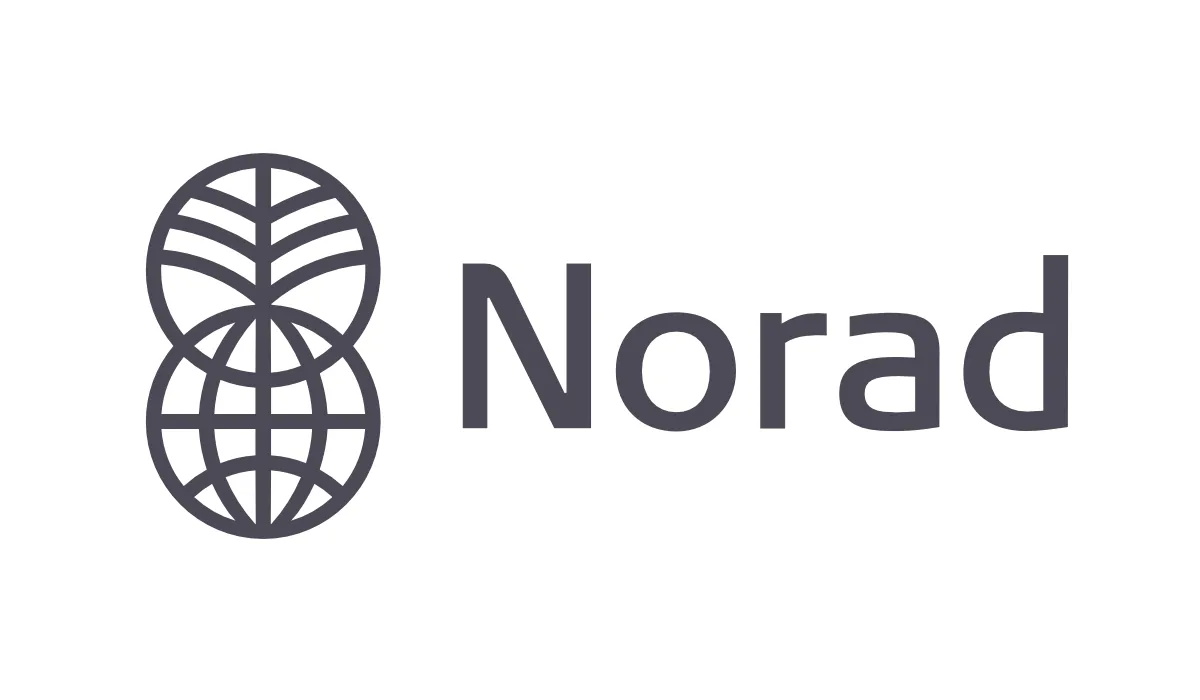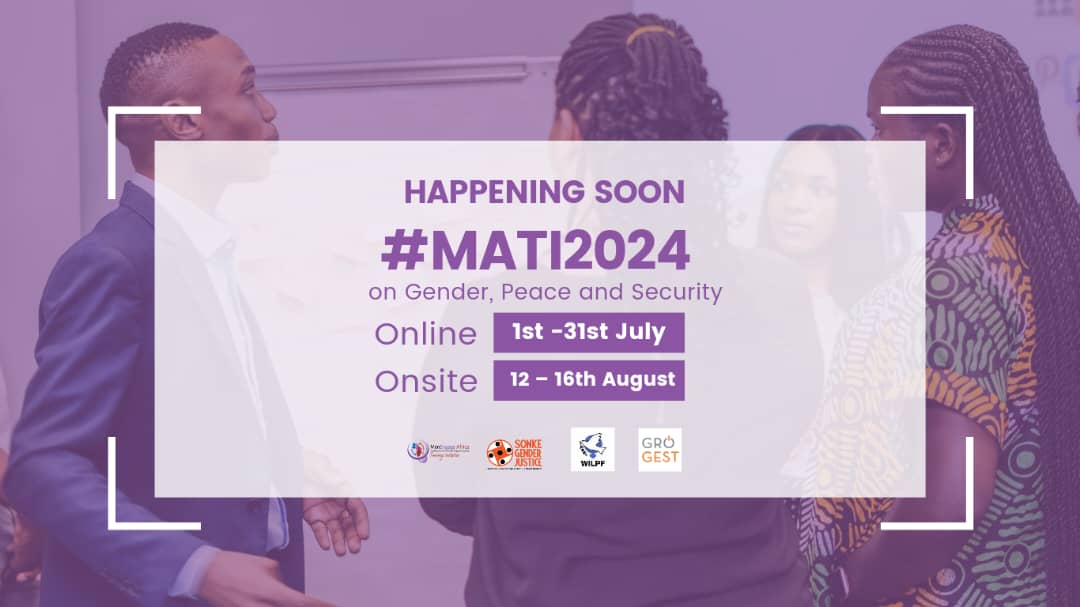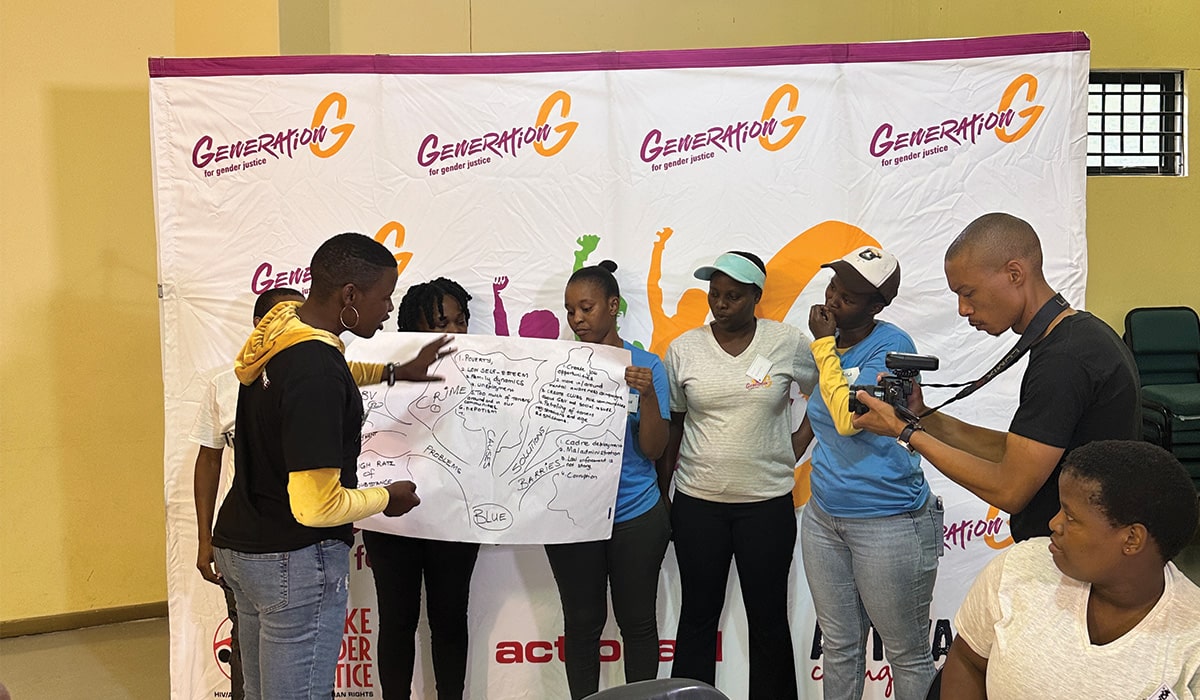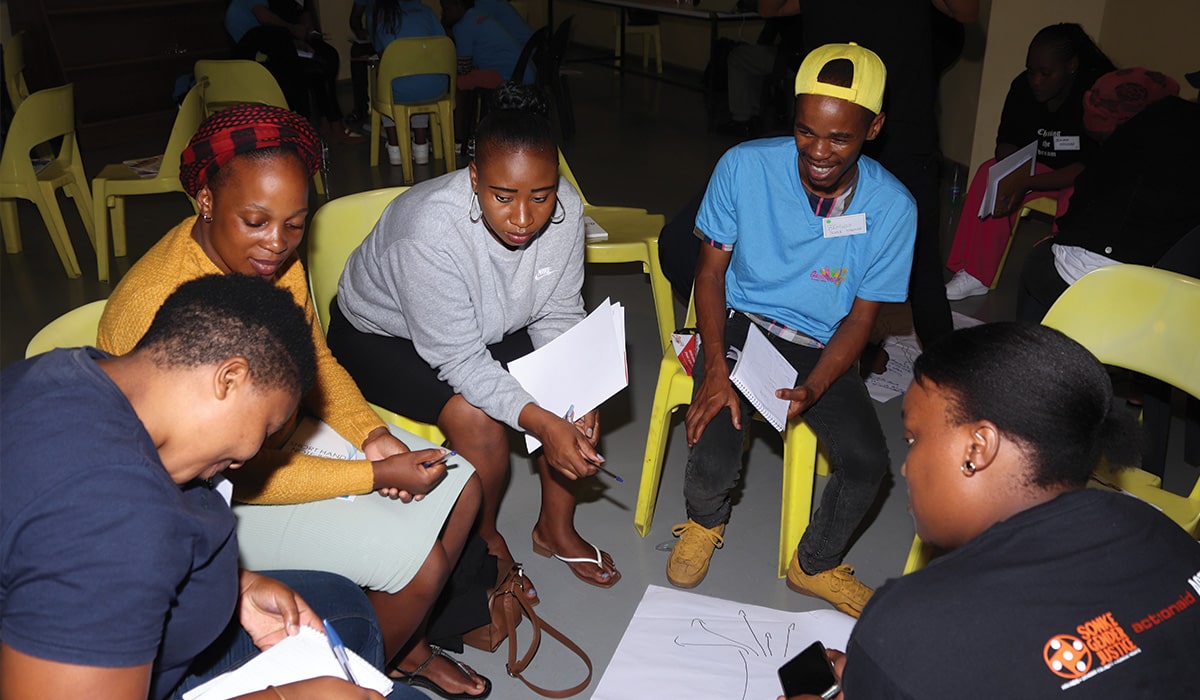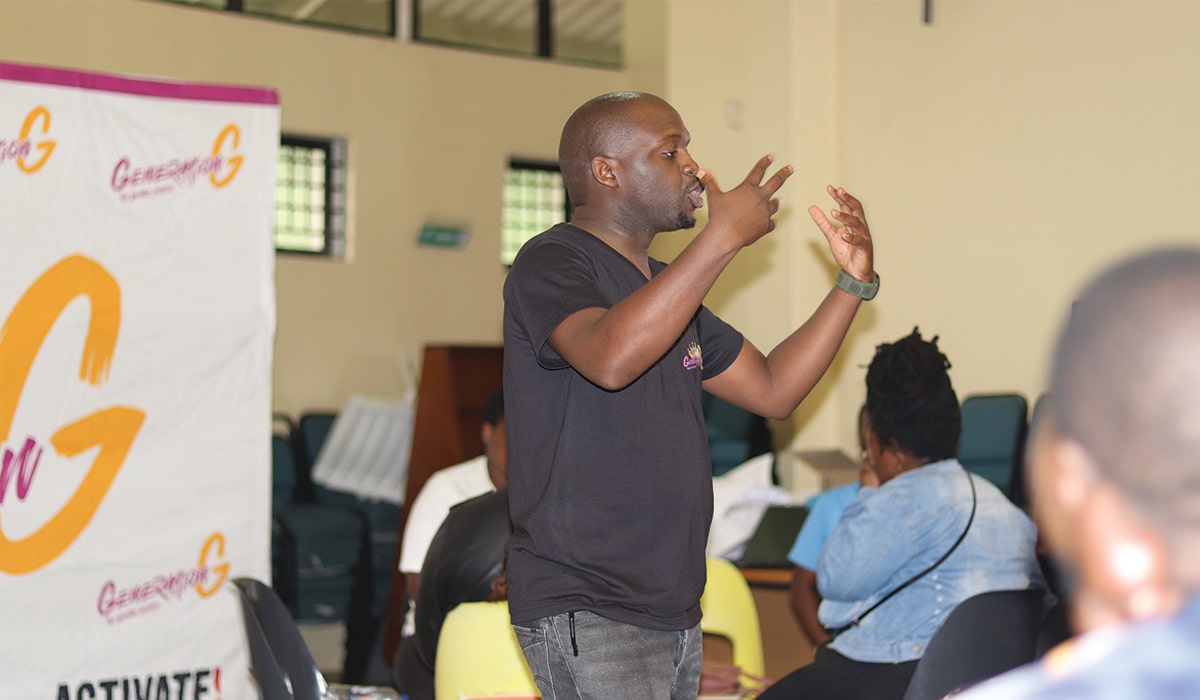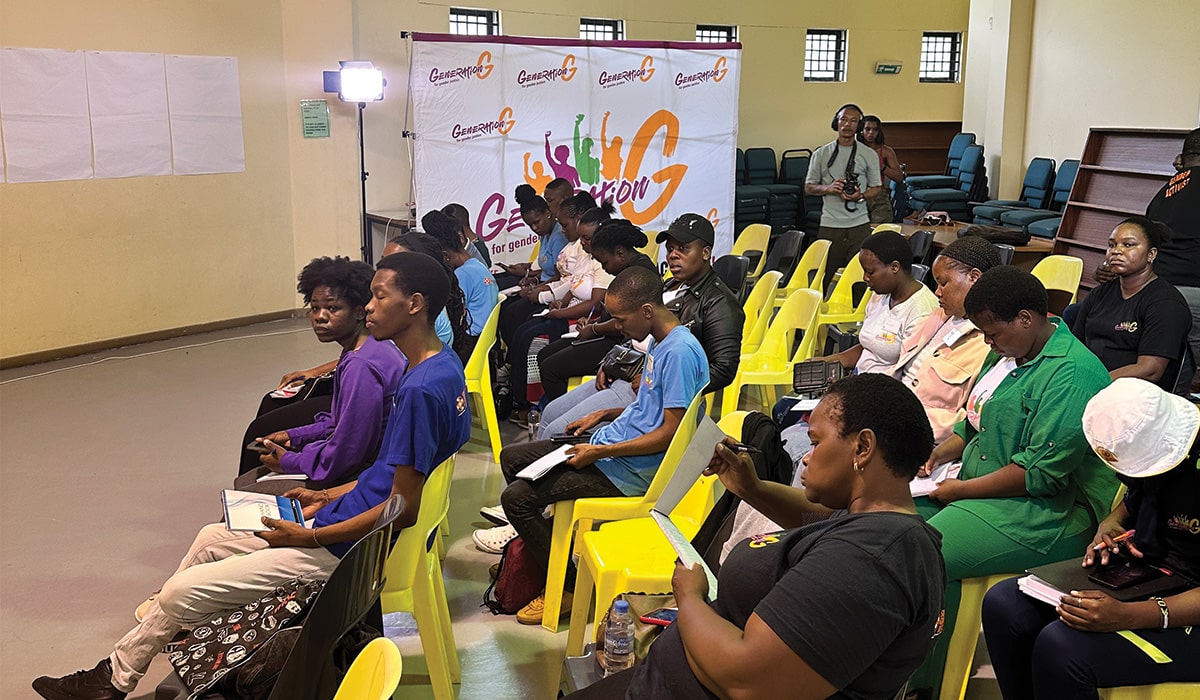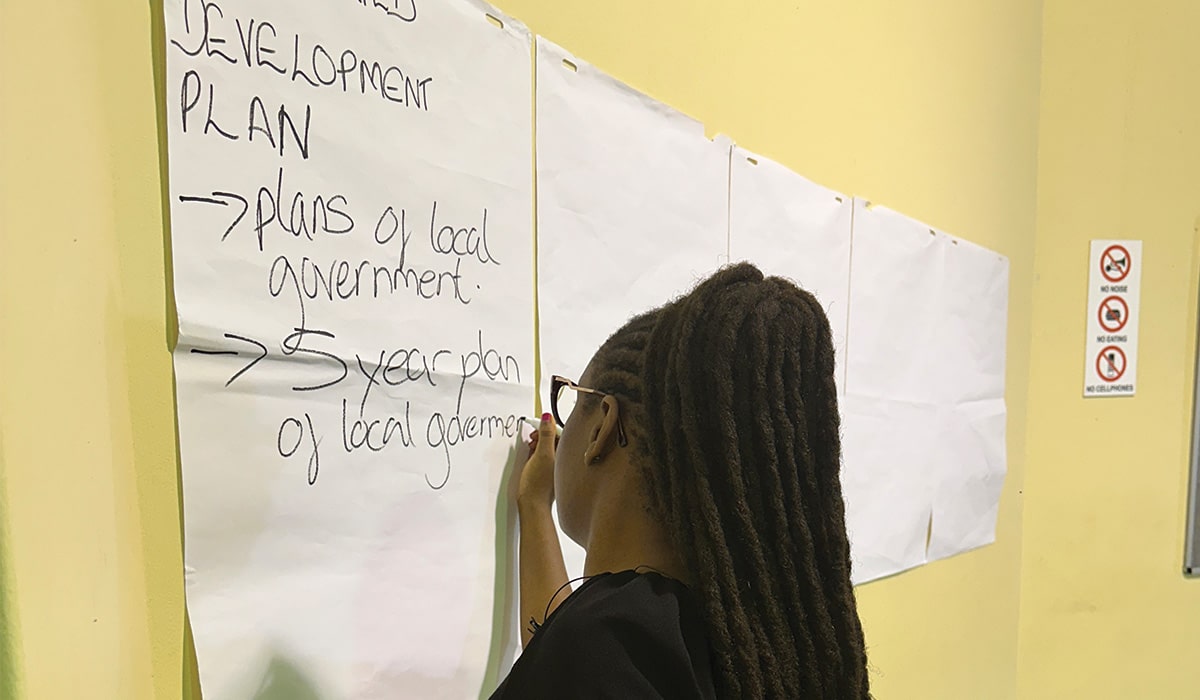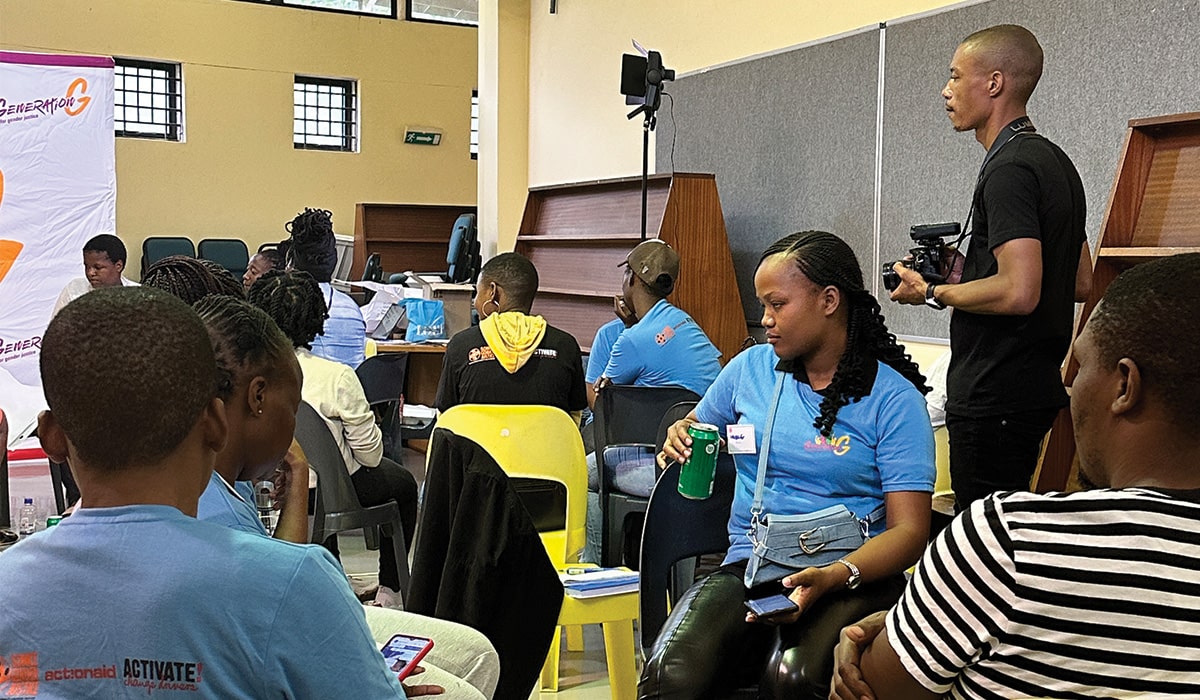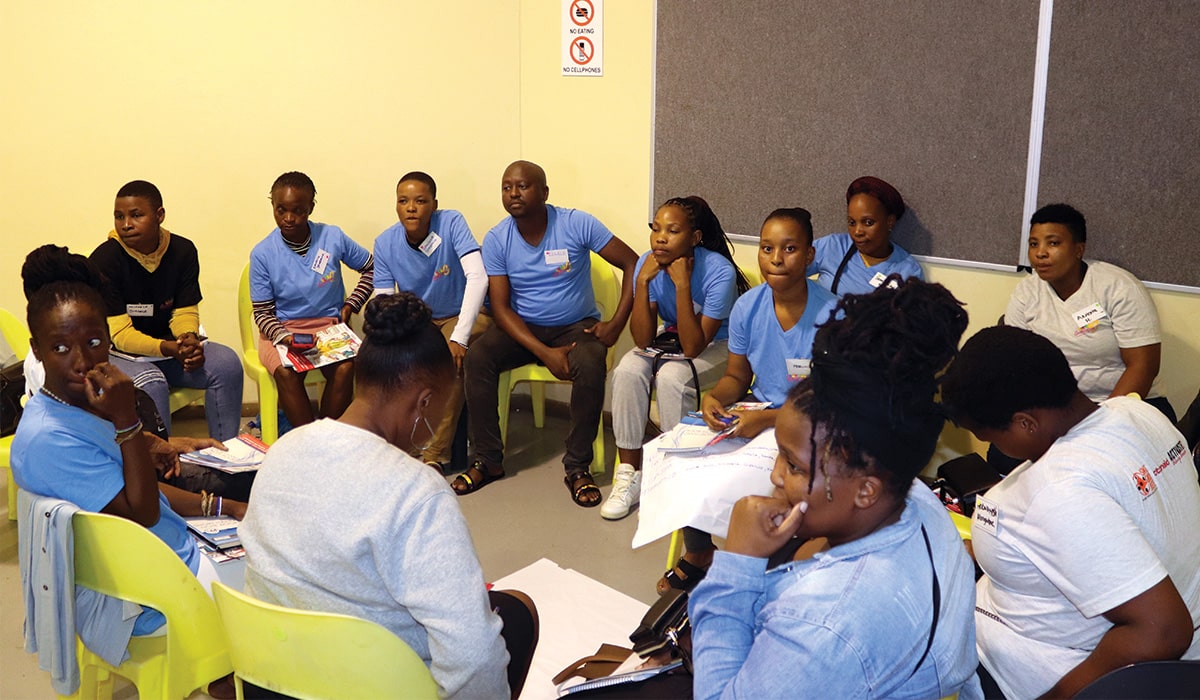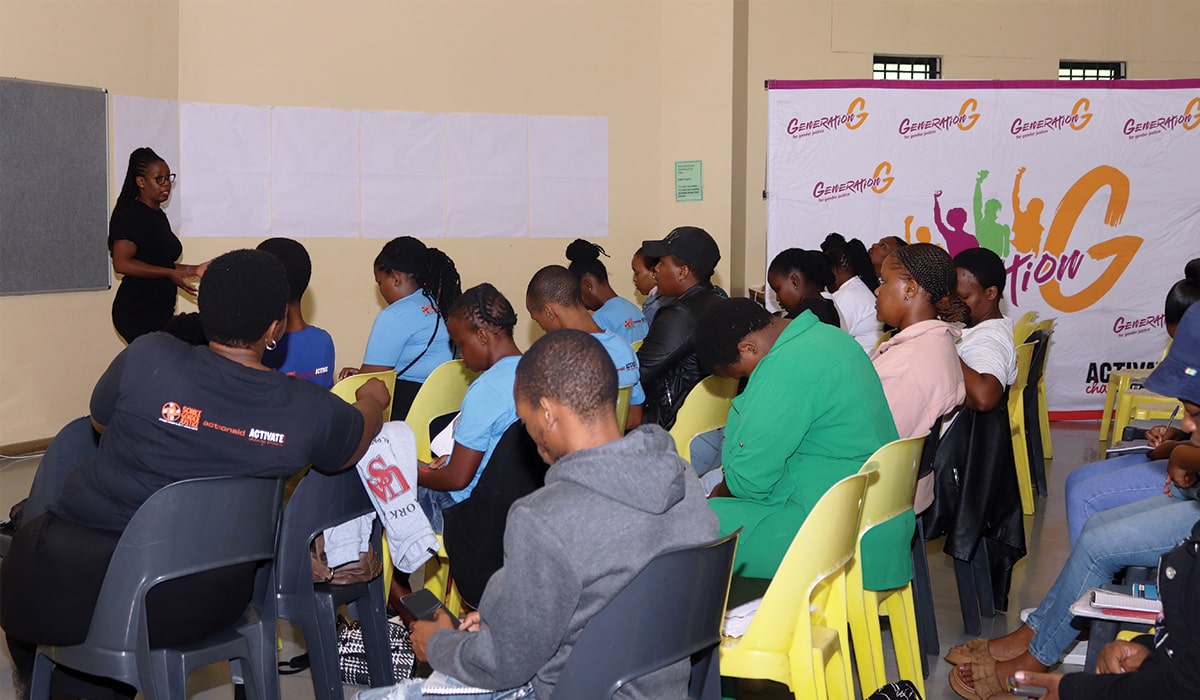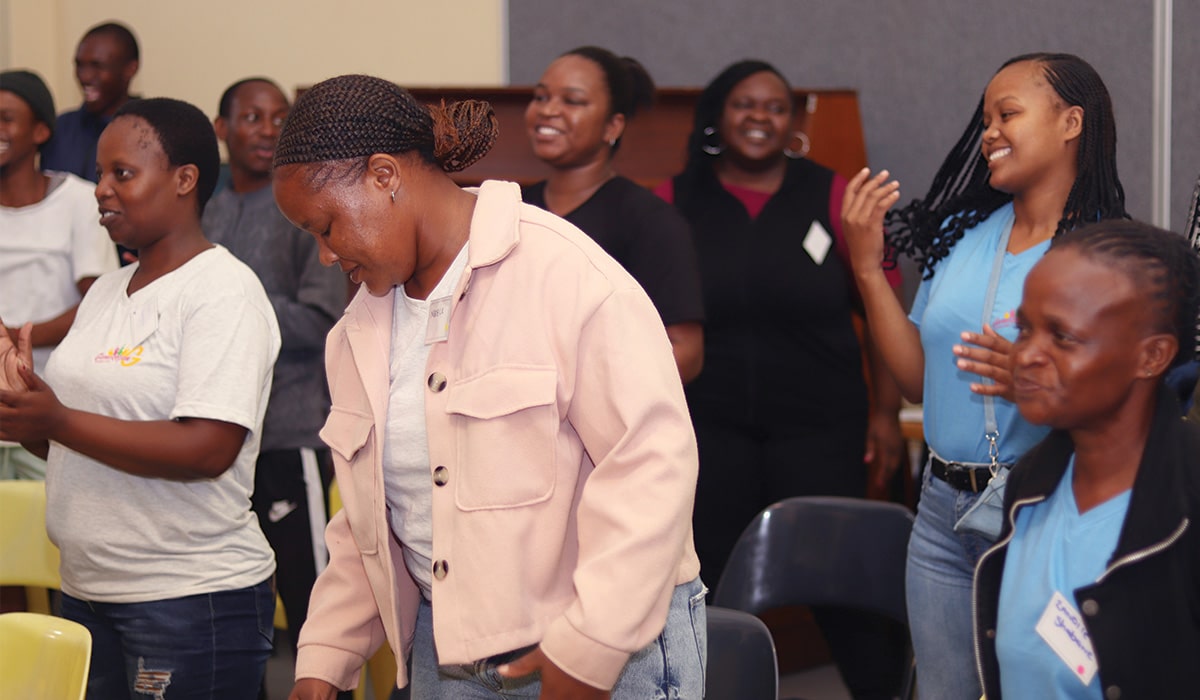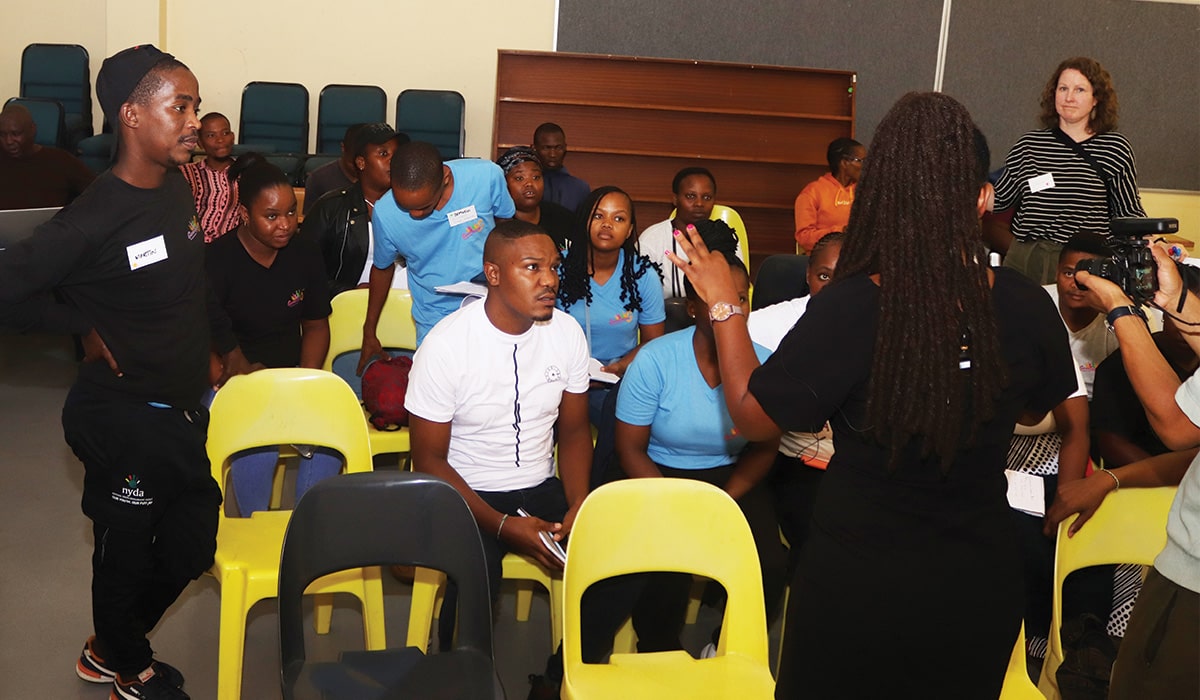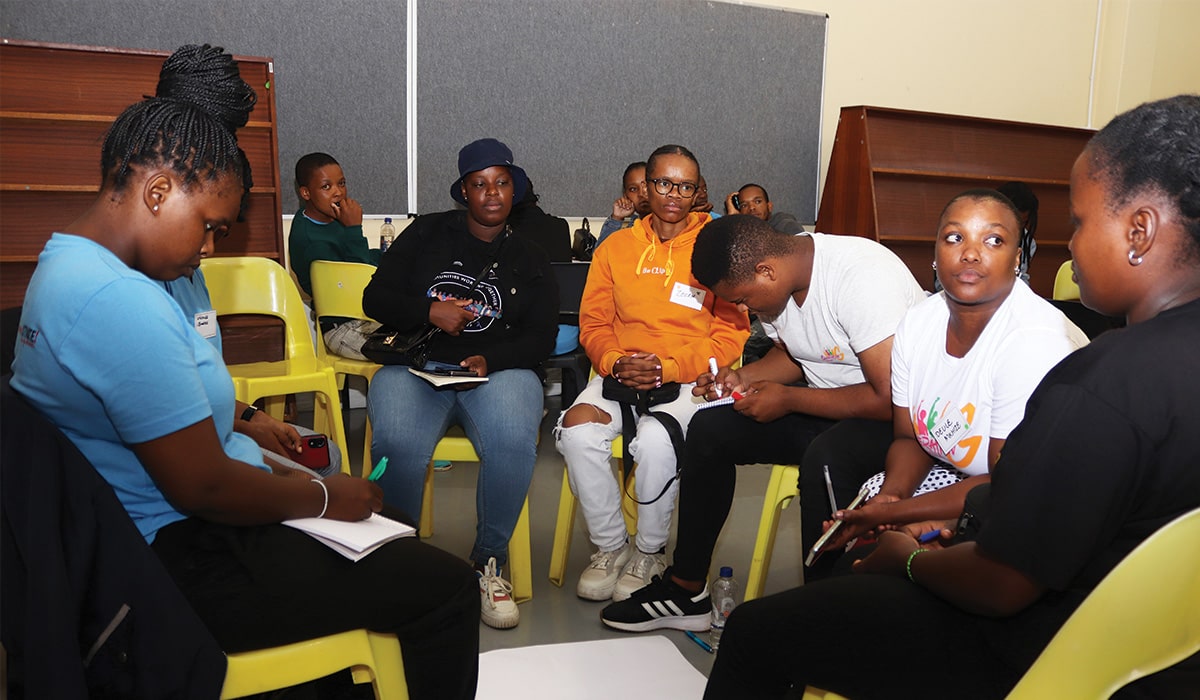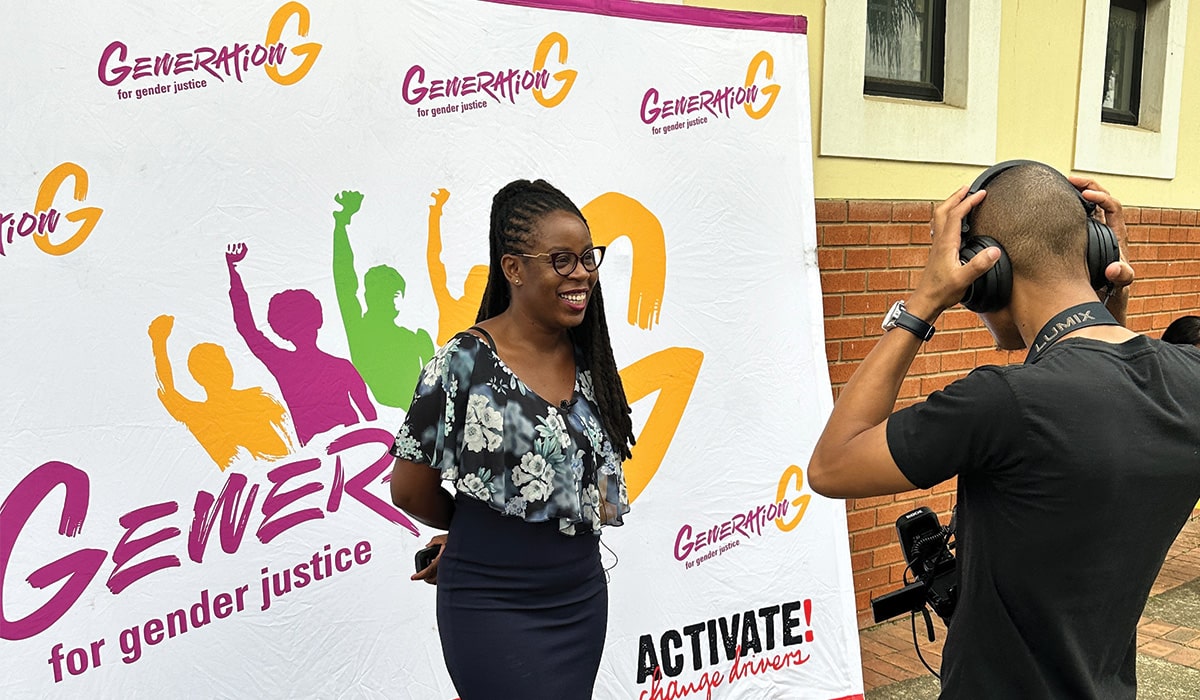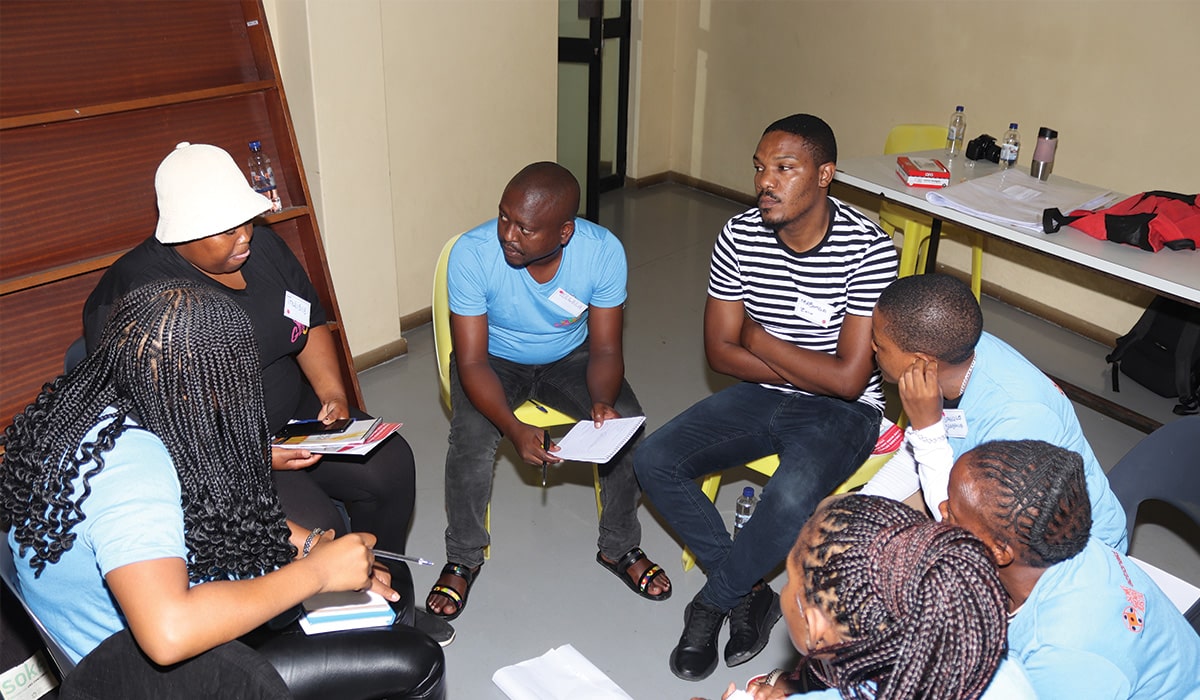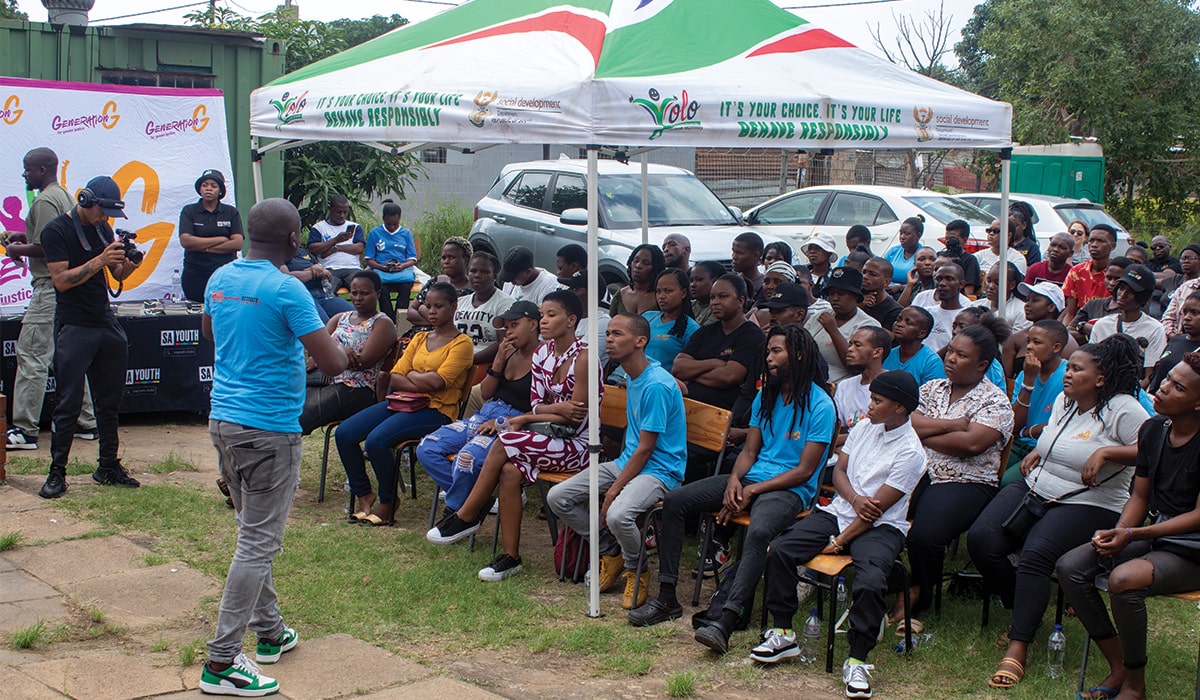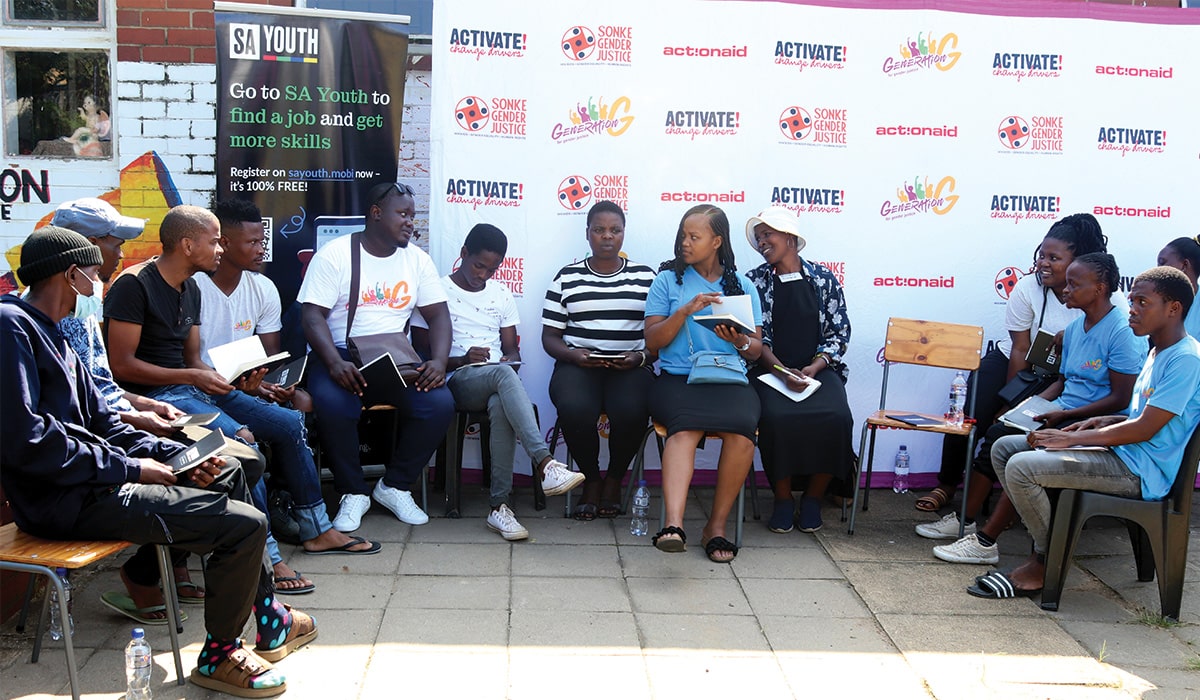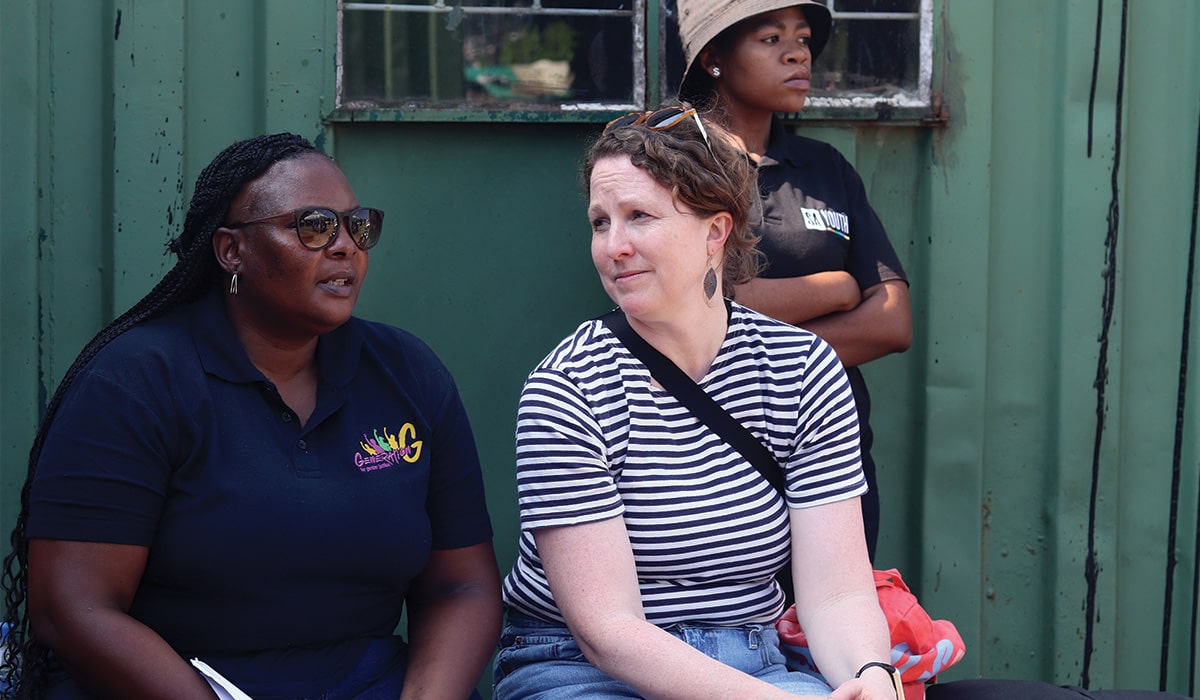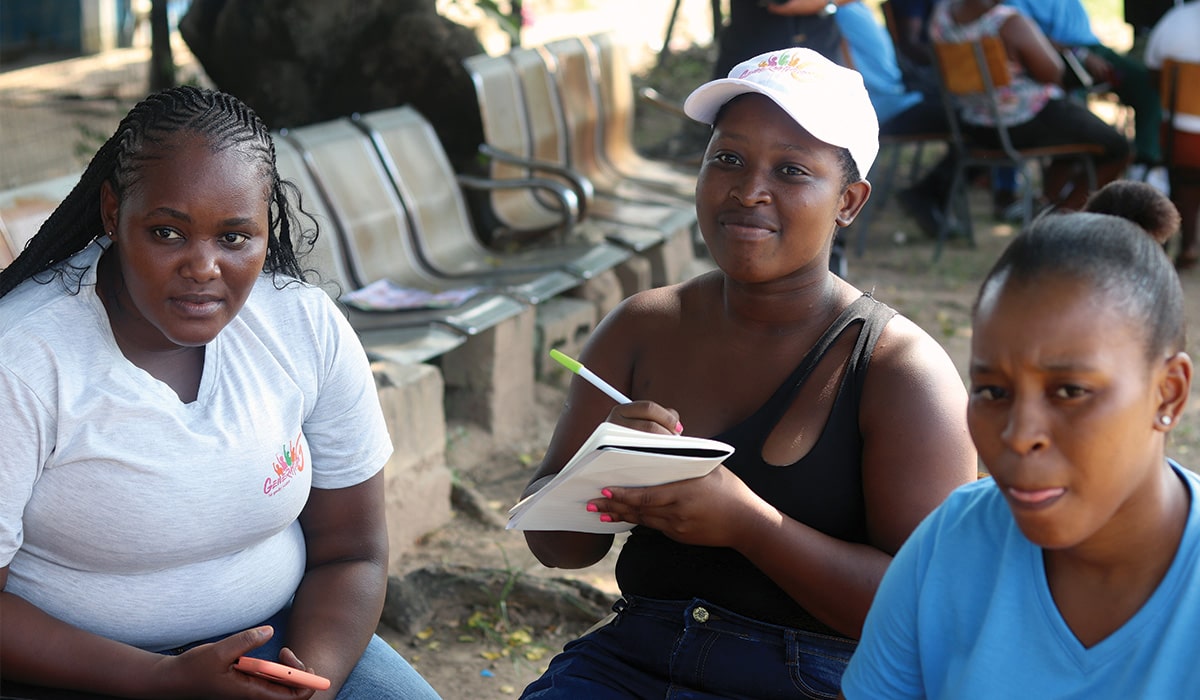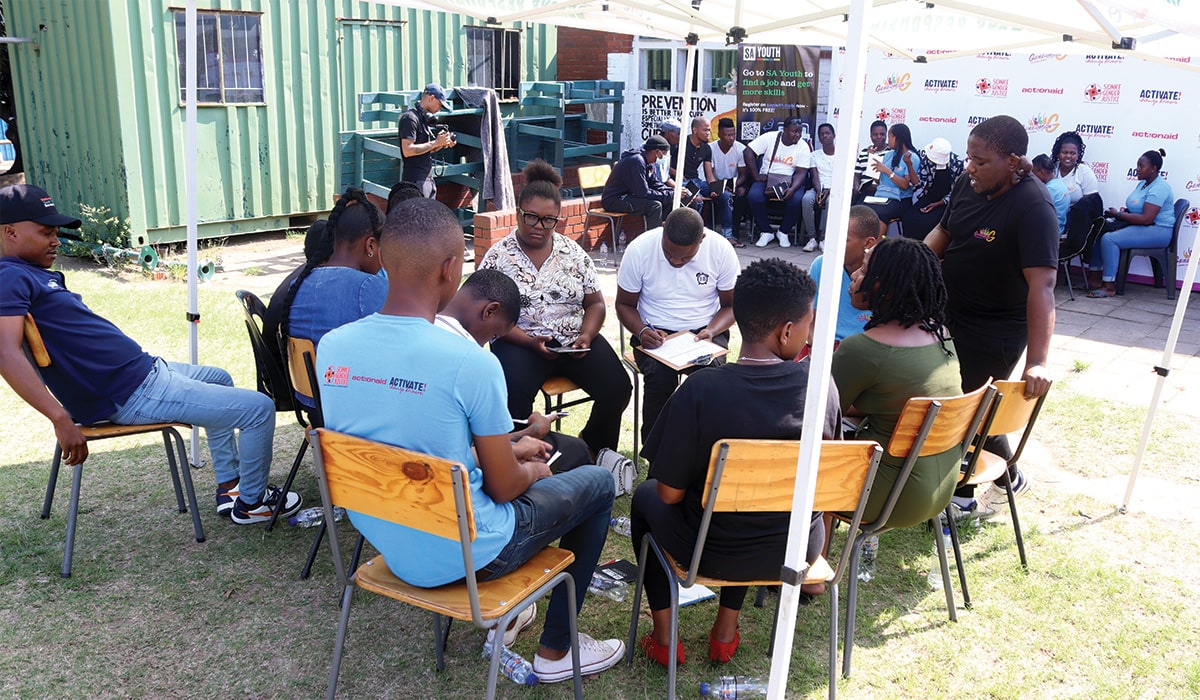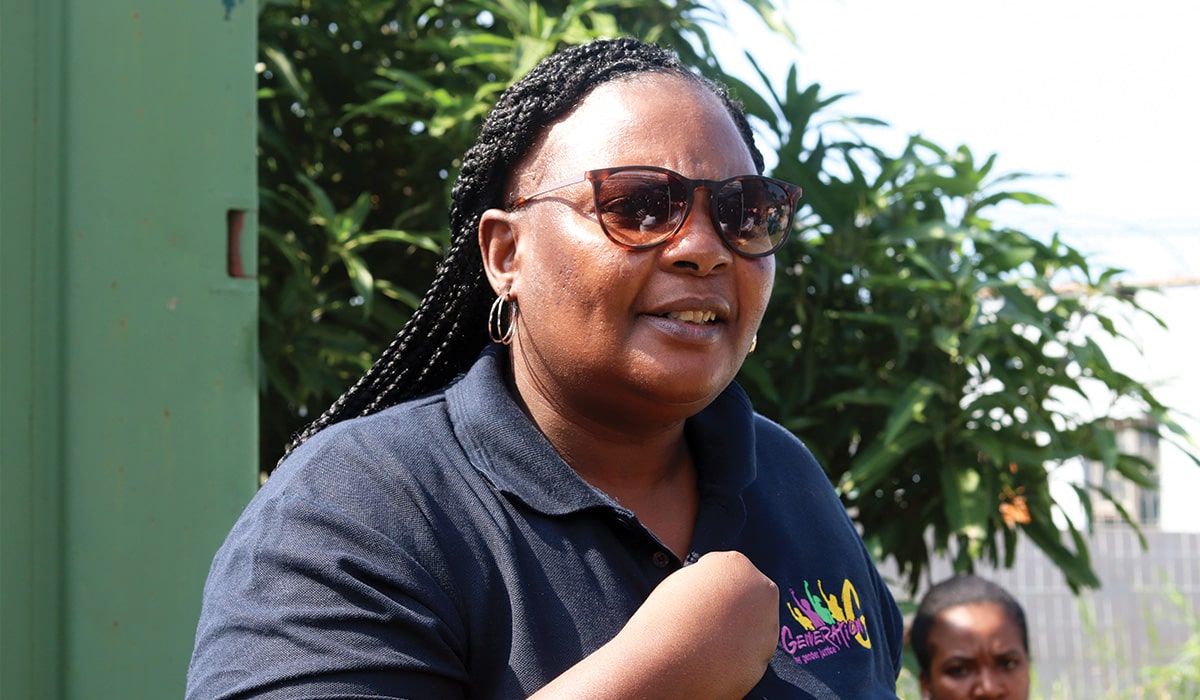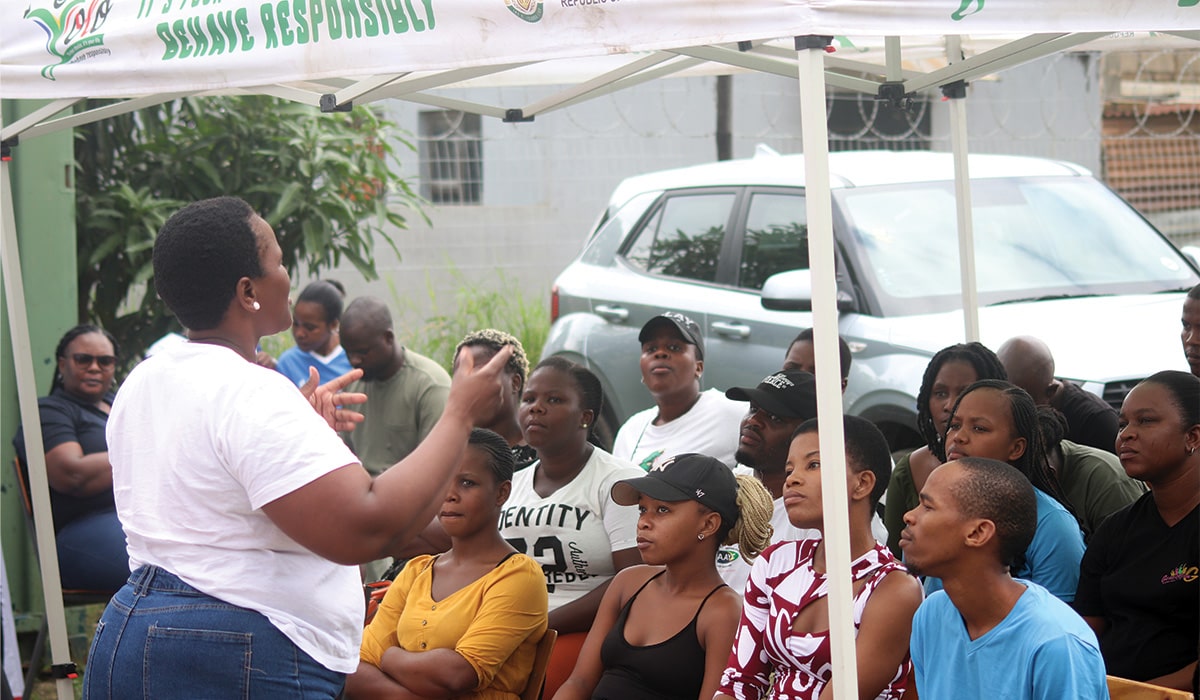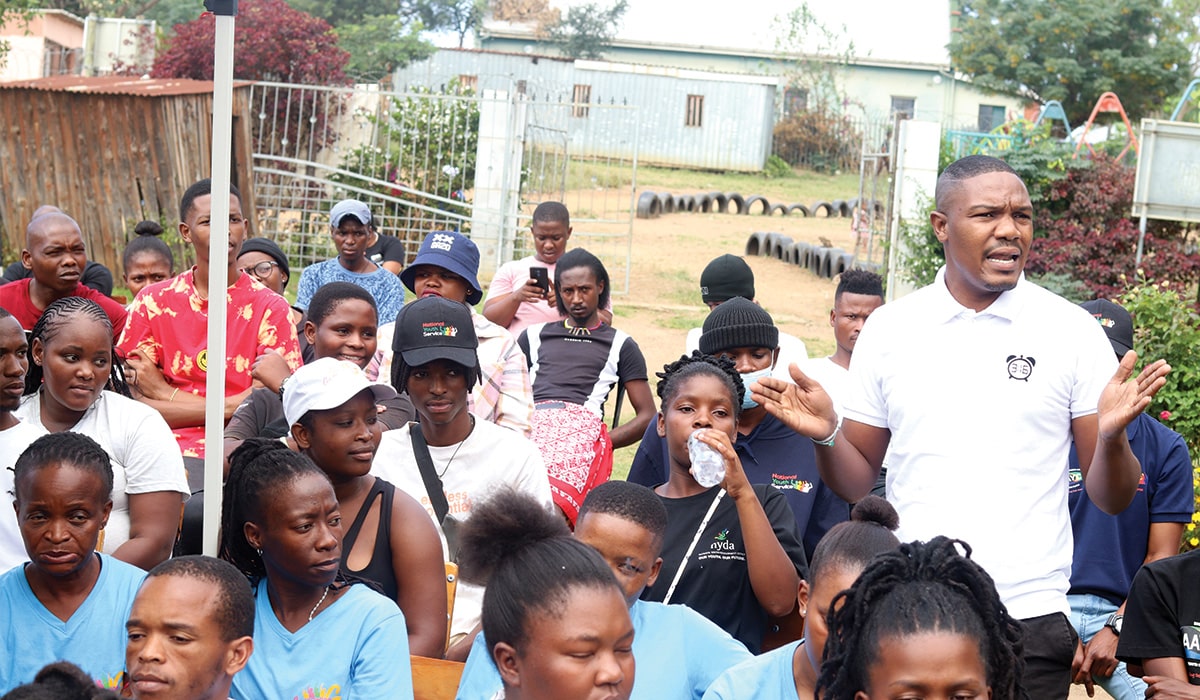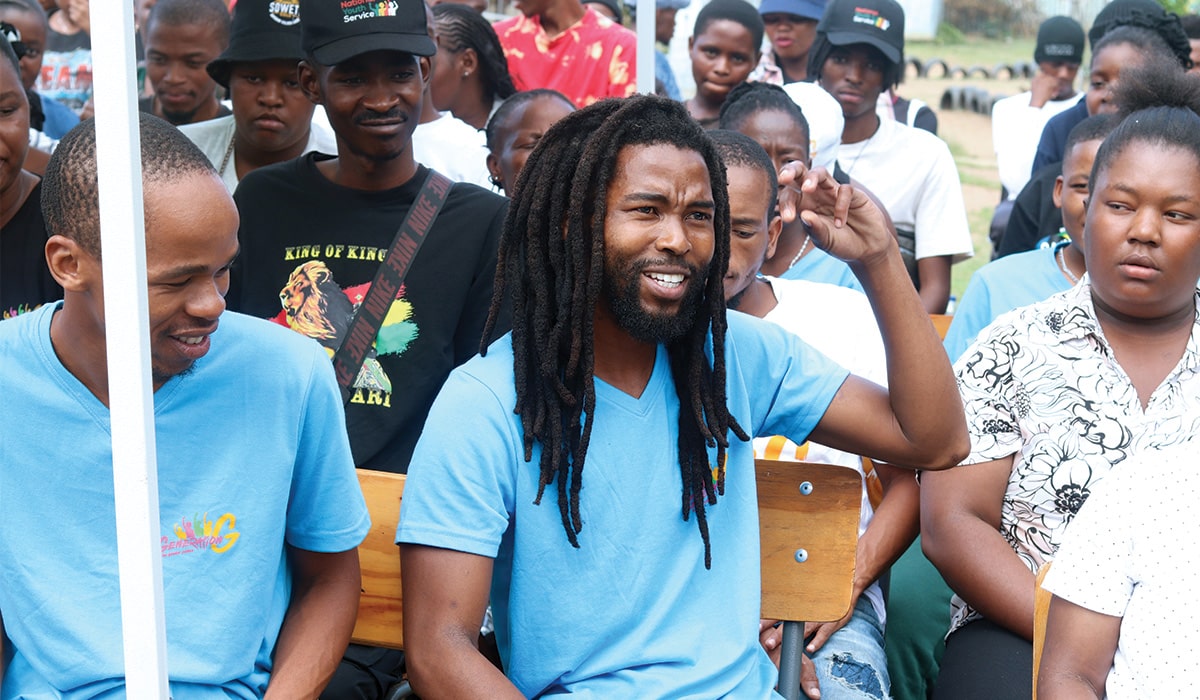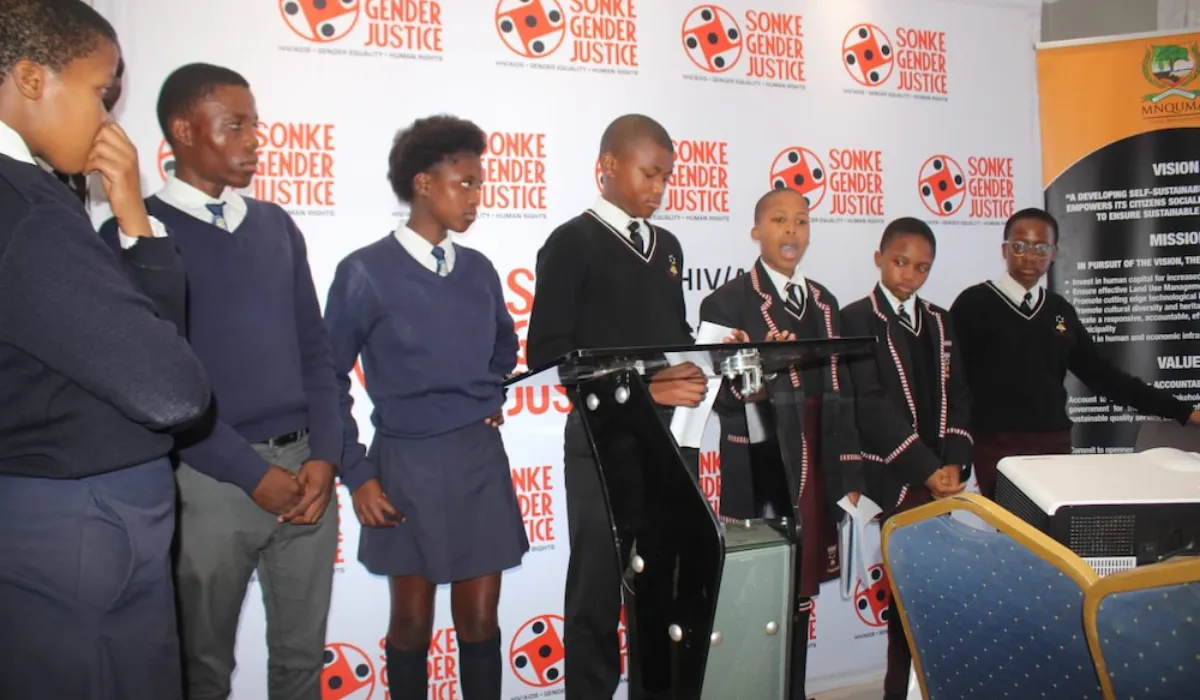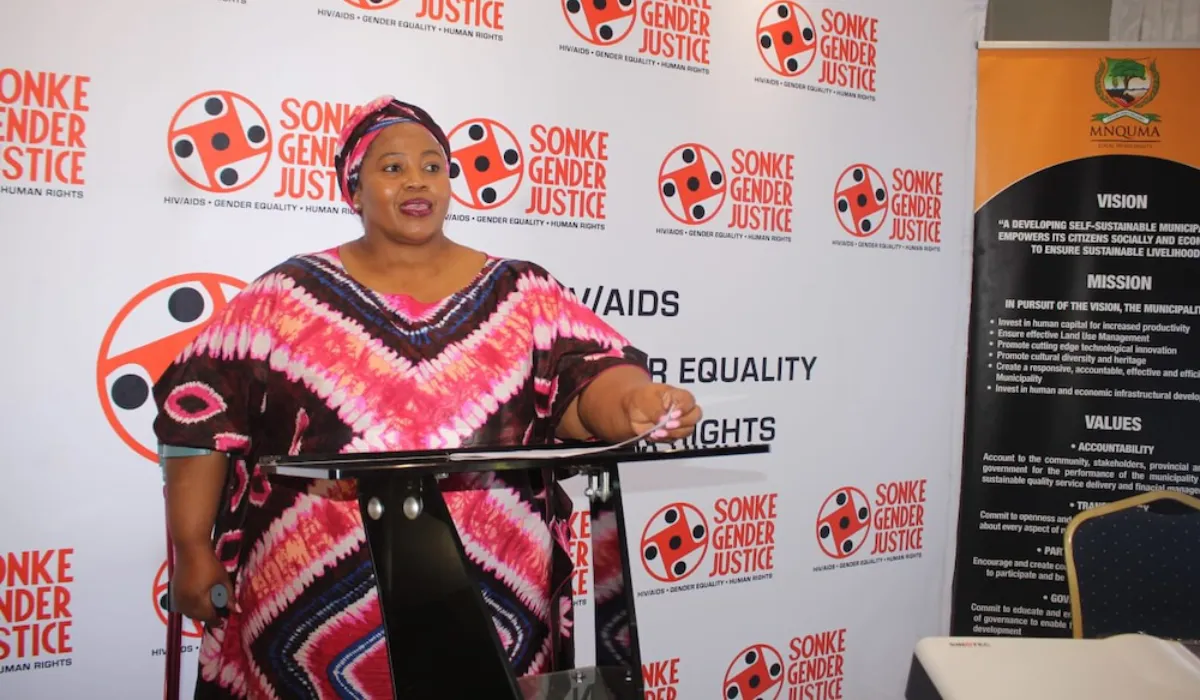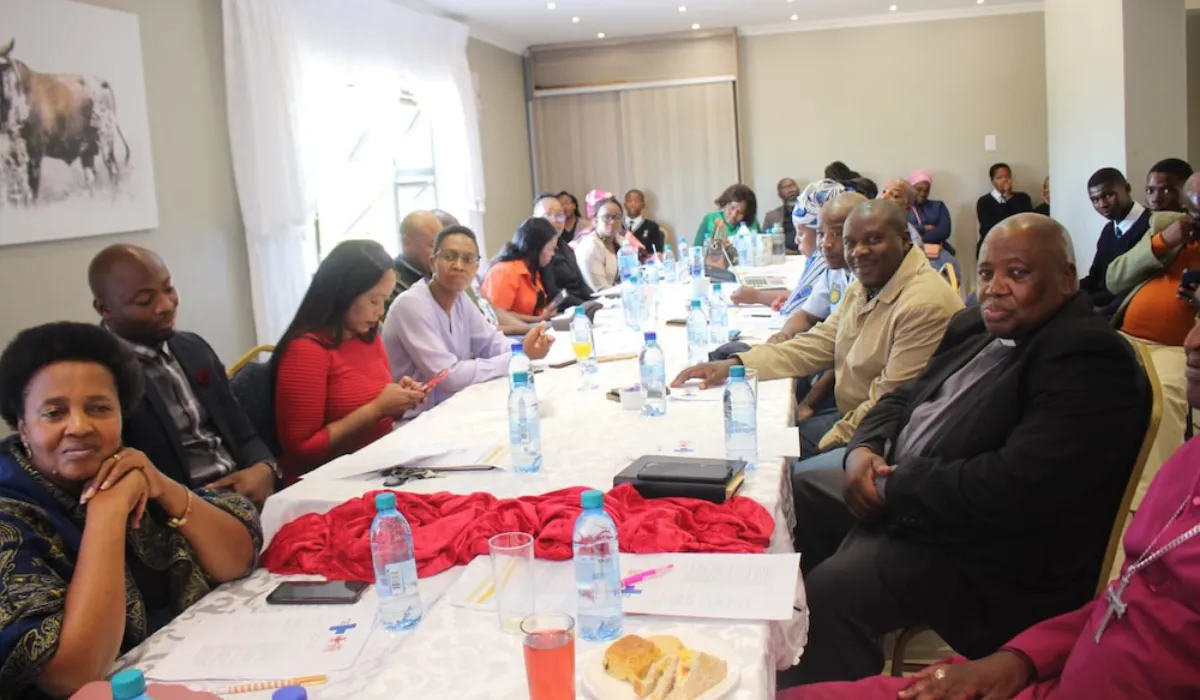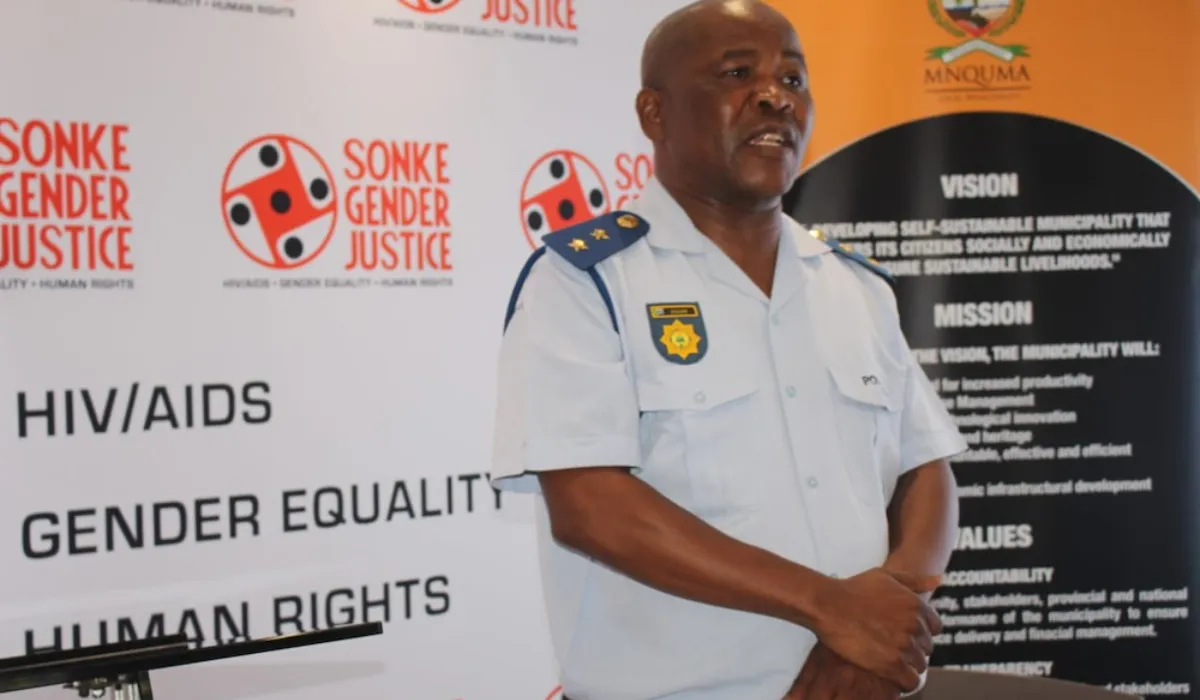Sonke is currently implementing a project in South Africa’s Northern Cape province, particularly in Platfontein, to prevent Gender-based violence and femicide as well as the spread of HIV/Aids.
Scaling up on Sonke’s interventions in South Africa, this three year project aims to strengthen the capacity of underserved communities in the Northern and Western Cape provinces and targets the Khoi and San communities, adolescent girls, women, men and boys.
“Through this project we want to empower local communities to actively participate in addressing social issues that affect them as well as to create awareness about the scourge of HIV/AIDS and GBVF, and demand access to quality health services. We know that when communities are knowledgeable about their rights, they are empowered to act and to hold duty bearers accountable.” said Dwaine Fish, Sonke’s Project Coordinator.
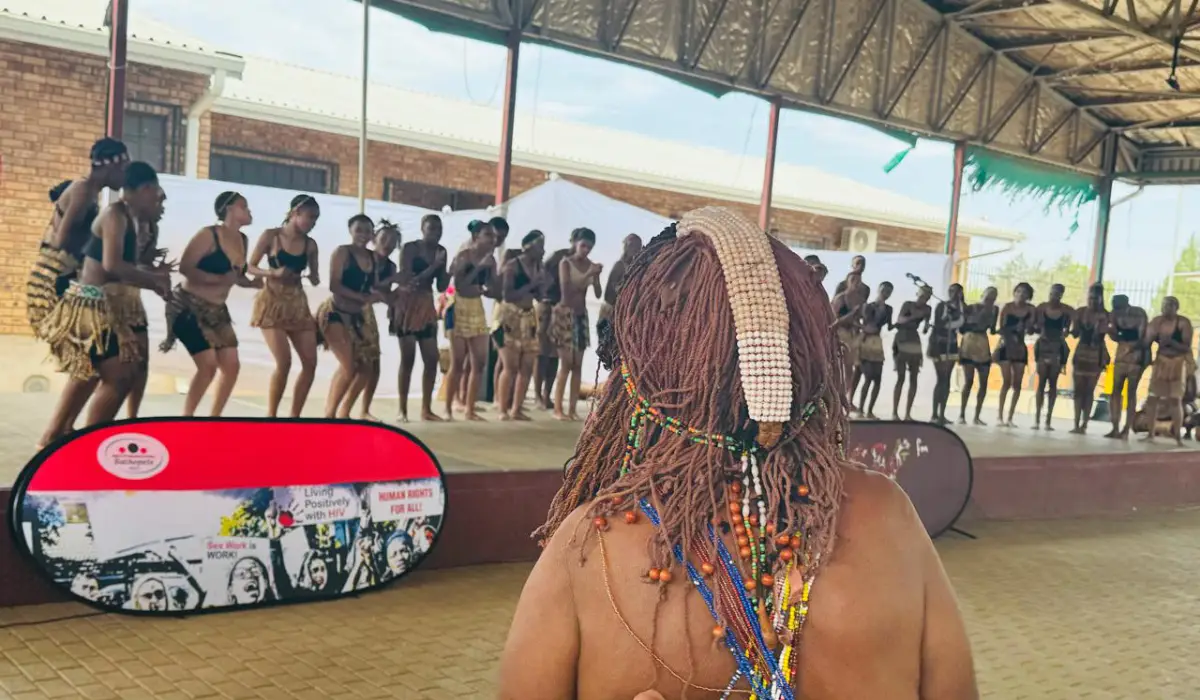
This project replicates the current implementation model of the Gugulethu Men’s Wellness Programme based in the Western Cape.
Research shows that the prevalence of STIs among women who have experienced violence is, at least, twice as high as in women who have not, with statistics showing a strong correlation also between GBVF and HIV.
Therefore, the wellness programme promotes positive health seeking behaviours among men and increases their uptake of medical health services, such as screening for high blood pressure, diabetes and HIV testing. Sonke believes when men are empowered to utilise health services, this will contribute to a reduction in infection rates and violence against women and girls.
“Overall through both these wellness programmes, we aim to reach over ninety men over a three-year period,” Fish confirmed.
Sonke together with two subawardees Bathopele NGO and Grassroots edge, have implemented several interventions to date. Here’s a high-level update of the activities conducted this year:
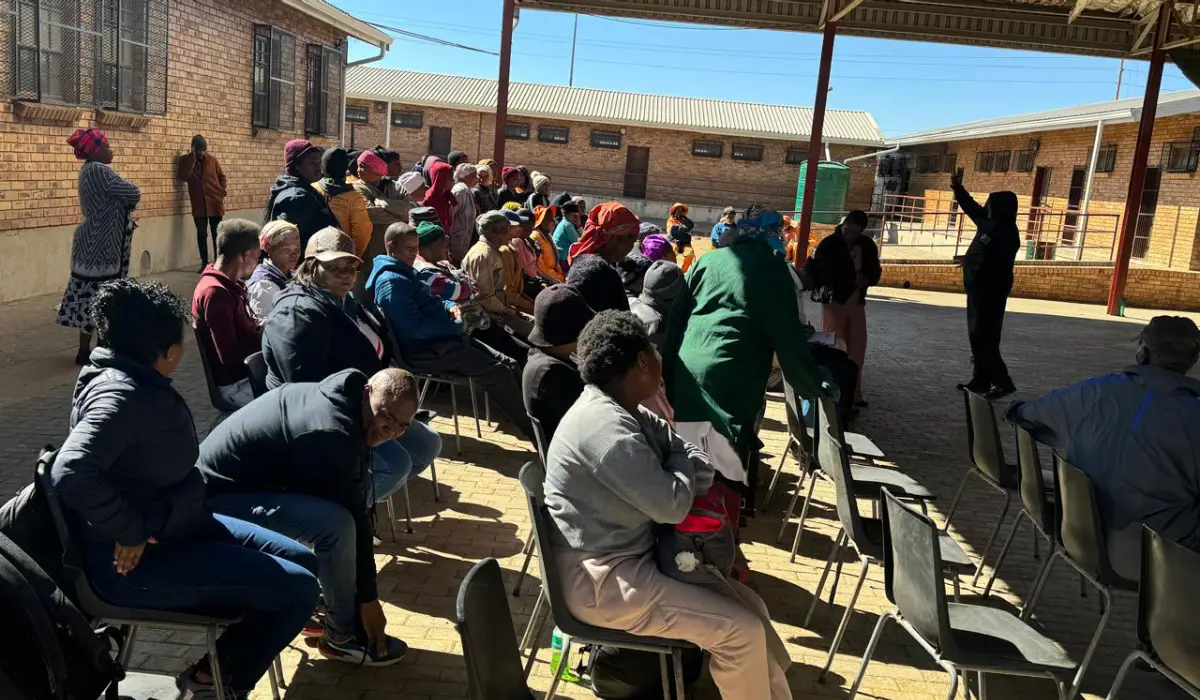
Community, stakeholder engagements and capacity building
We engaged the Northern Cape’s civil society organisations and government departments in July, to introduce the project to stakeholders. This was also an opportunity for attendees to express their plights. Key takeaways from this session were reflections from the participants citing challenges with language, being discriminated against based on their features and the lack of development in Platfontein.
To build the capacity of participants, we held a stakeholder’s workshop in July in Kimberly, an engagement which was led by Sonke’s Sub-Awards unit local sub grantees. The workshop was attended by over twenty participants including media and government officials as well as civil society organisations.
In August, the team conducted a community meeting in Platfontein at the !Xhunhwesa Combined School, which brought together over two hundred community members, to share the project’s baseline evaluation. We have also built partnerships with local media, namely the Rivival FM, Radio Teemaneng and the SABC XK Radio station, to raise awareness about the scourge of HIV and the impact of GBVF in the province.
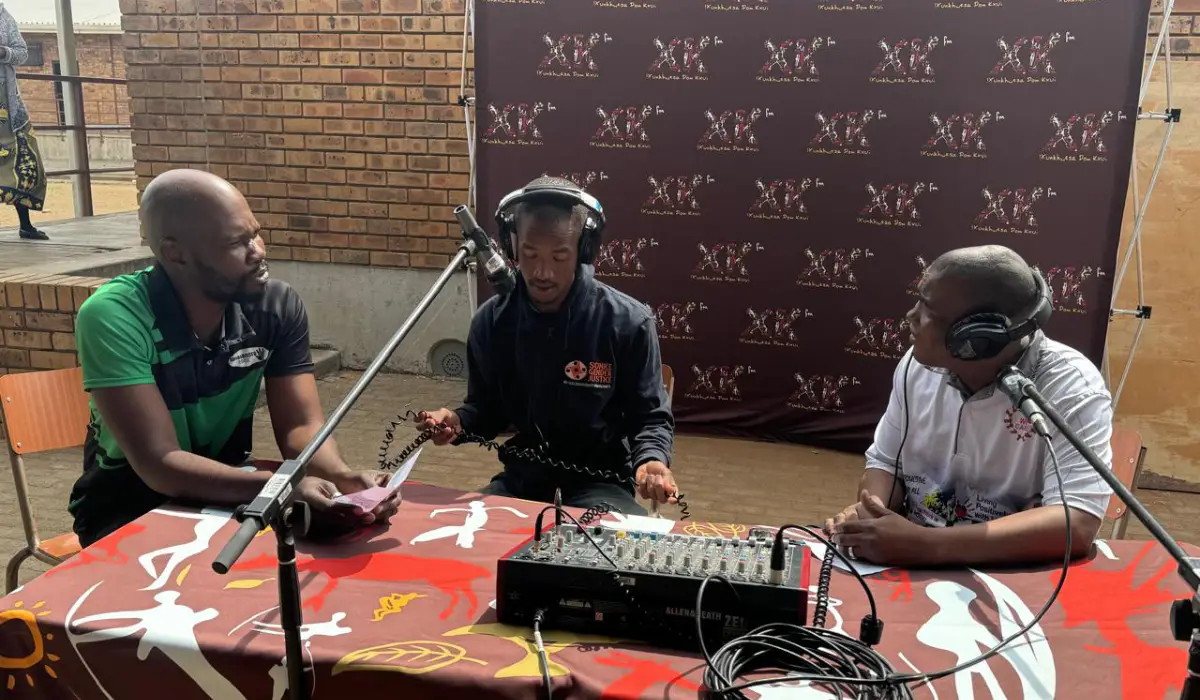
Heritage Day
To celebrate and embrace the rich history and culture of the Khoi and San people, Sonke collaborated with the !Xhunkwesa Combine School, to celebrate Heritage Day in September. The day was celebrated through music, dance and drama activities, under the theme GBV is not my Heritage.
Grassroots Edge Holiday Camp
One of the subgrantees of the project, Grassroots Edge, hosted a Holiday School camp in Platfontein in June, which capacitated learners on Sexual and Reproductive Health and human rights.
Safe Space for Boys
We seek to expand on Sonke’s intersectional and gender transformative approach, with a focus on the role of men and boys as allies in the prevention of GBVF, by promoting positive masculinities and addressing harmful social norms. This will be done through a platform titled: Safe Space for Boys.
The platform aims to be an environment for men to freely share their feelings, to help deal with stress, a tool to educate and raise awareness on GBVF, Human Rights and HIV/AIDS through monthly hourly sessions, as well as a space for learning through arts and sports and for participants to become GBVF champions through peer learning.
